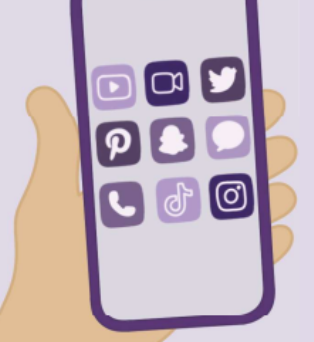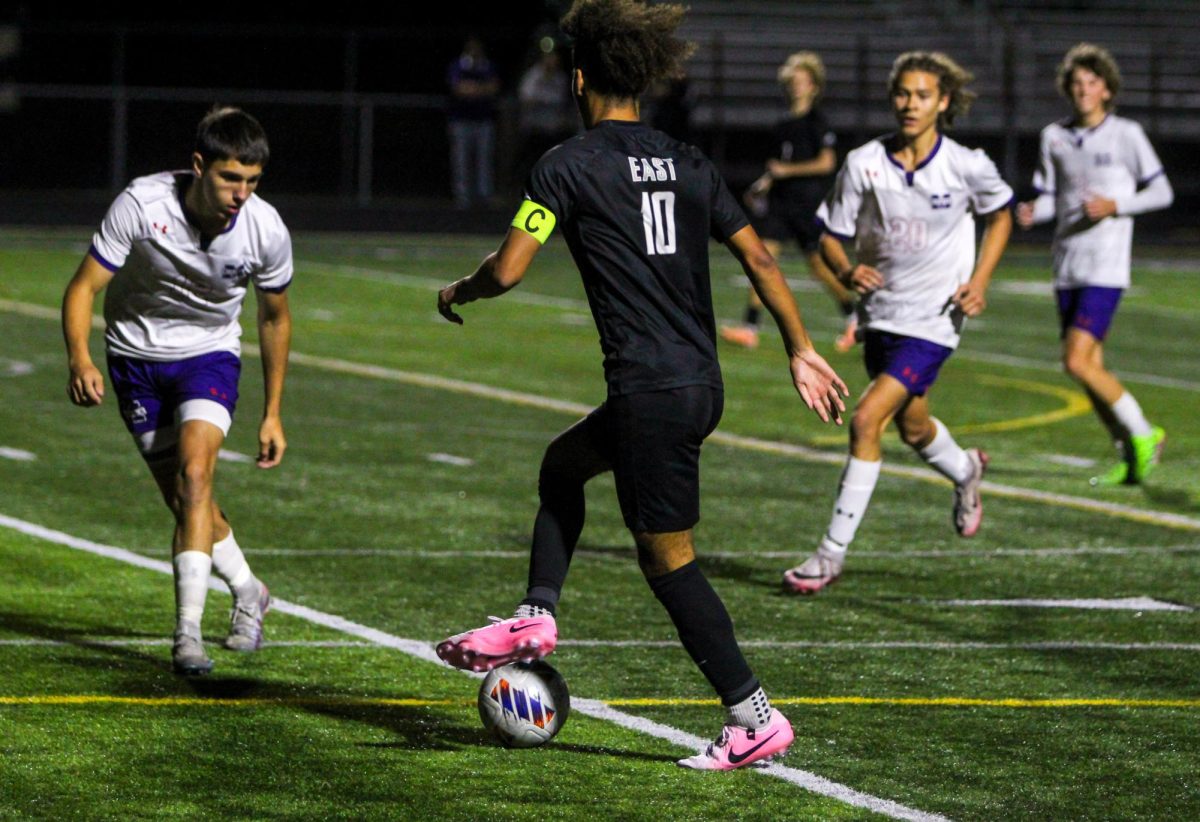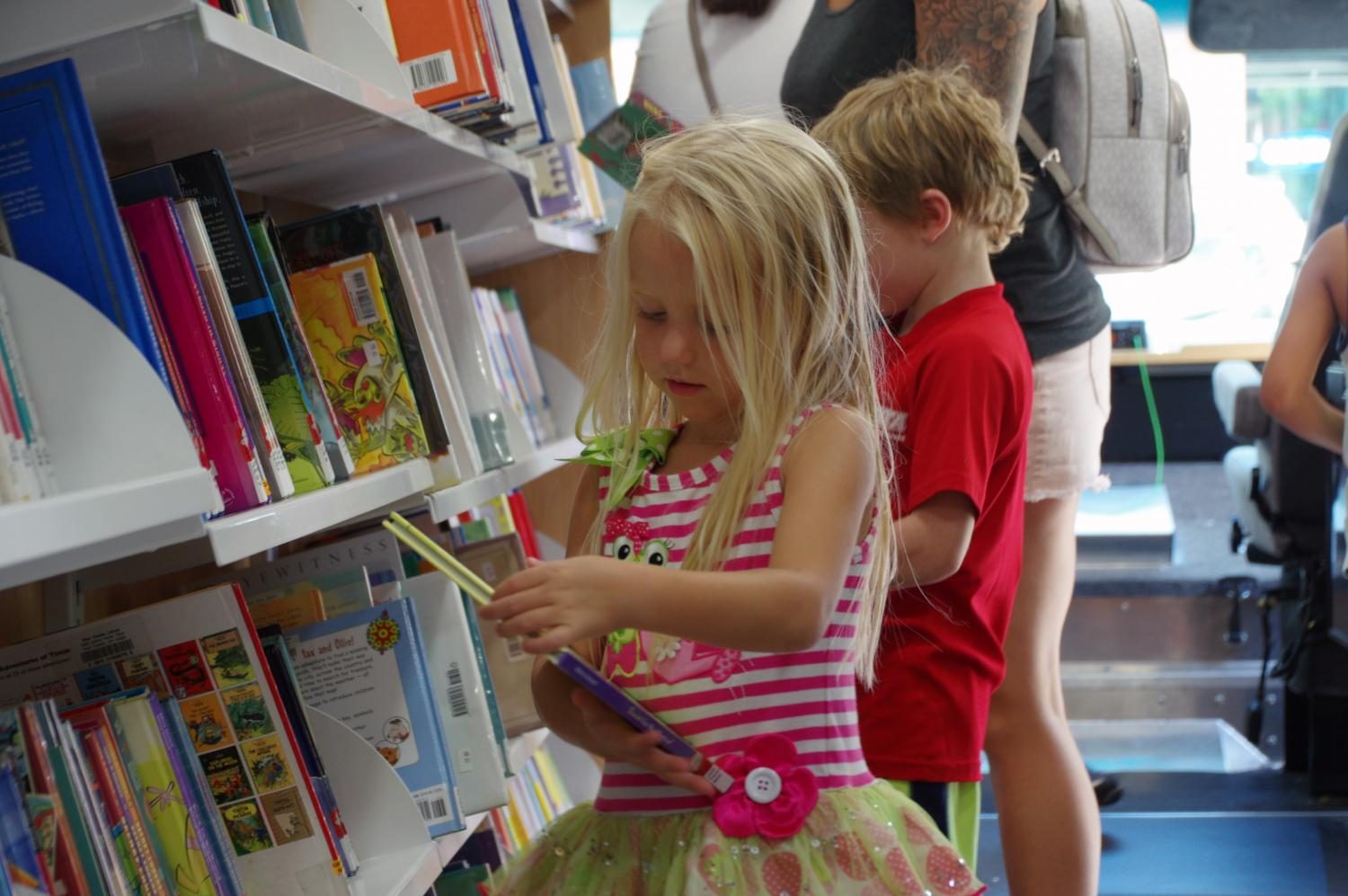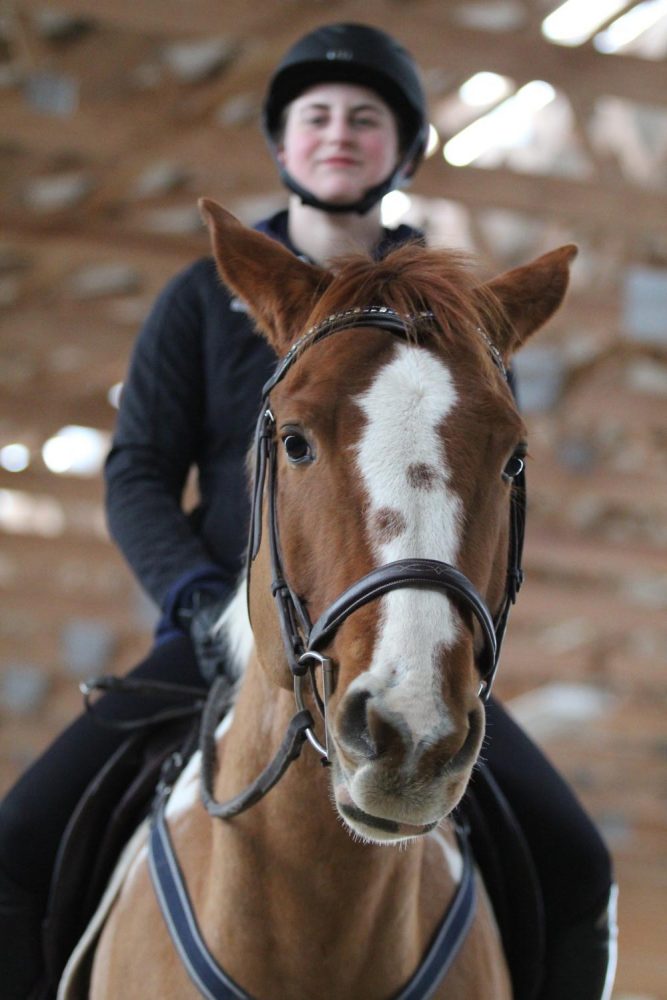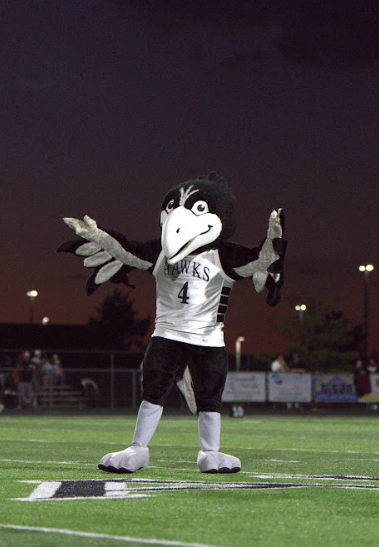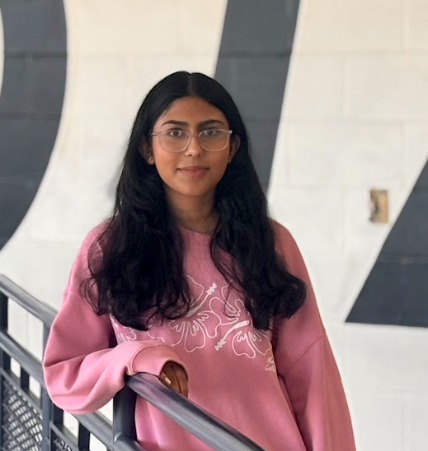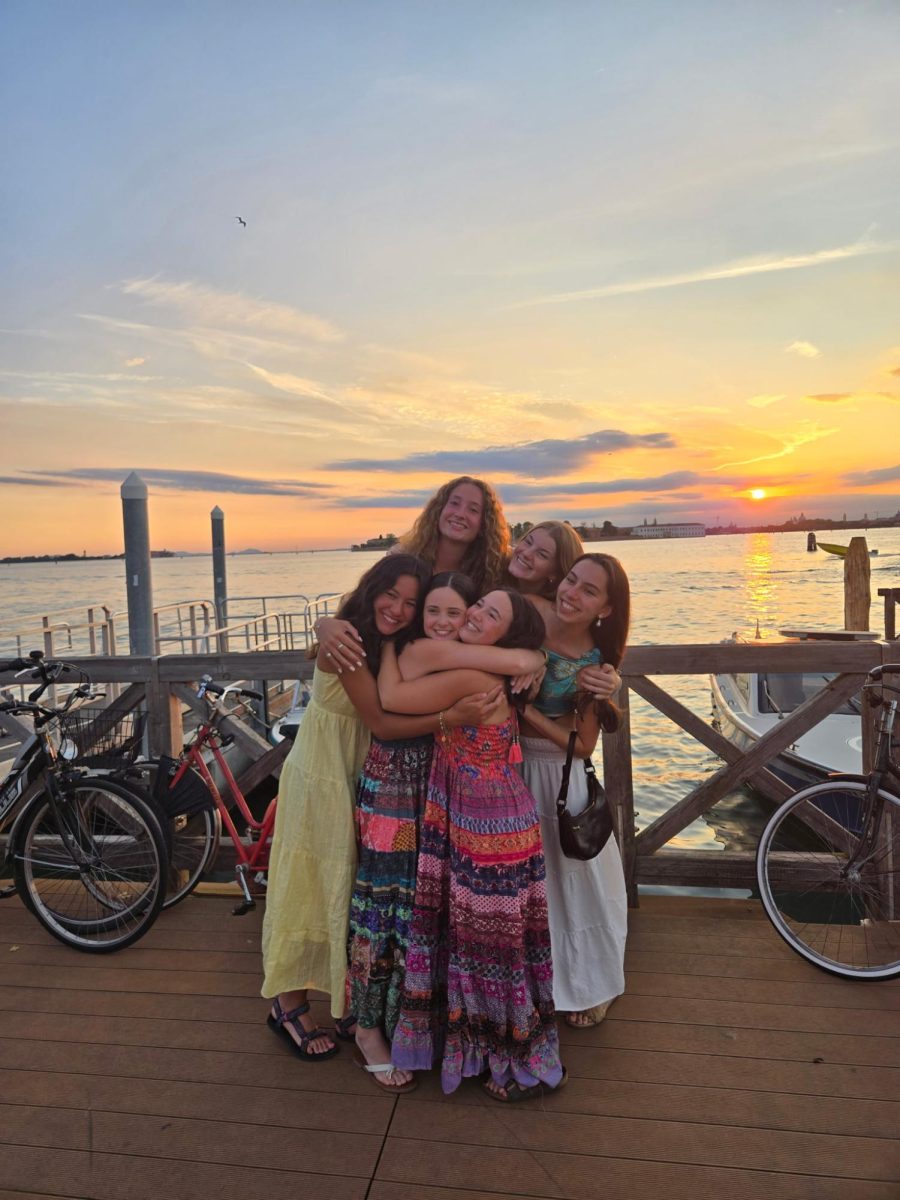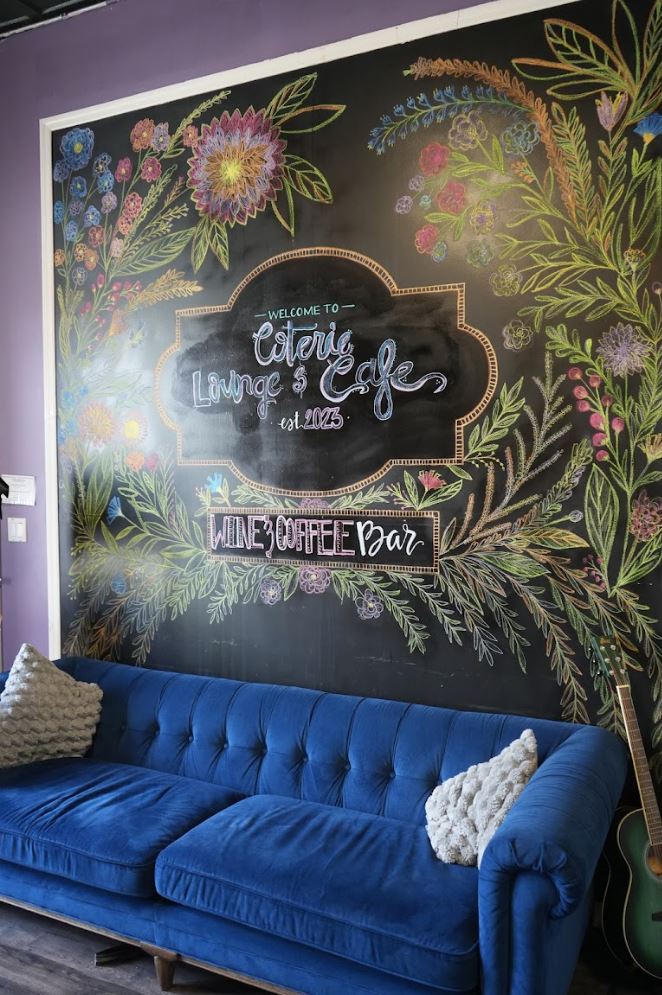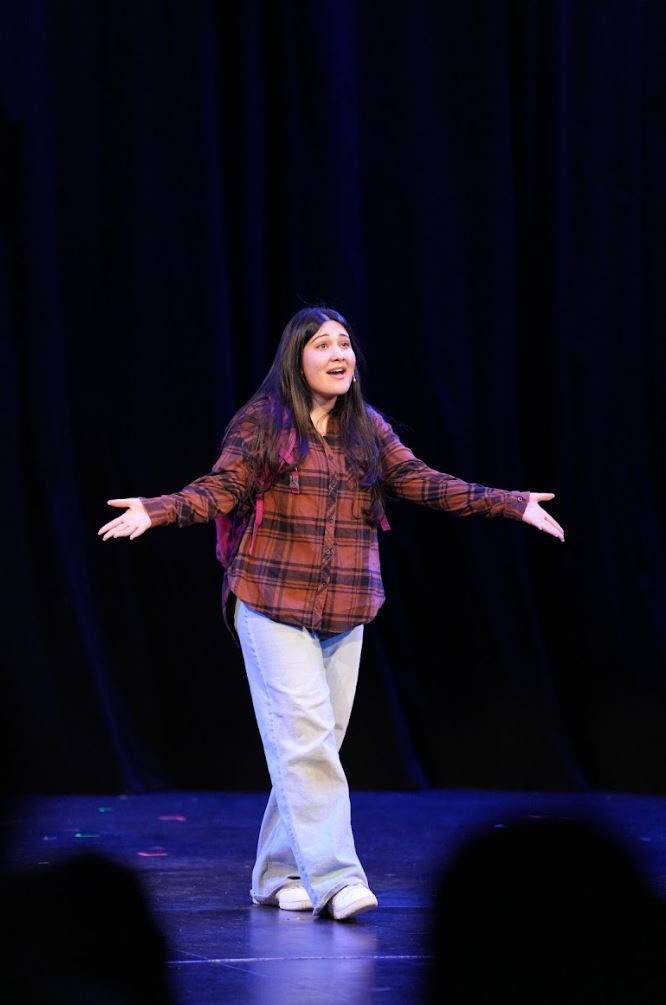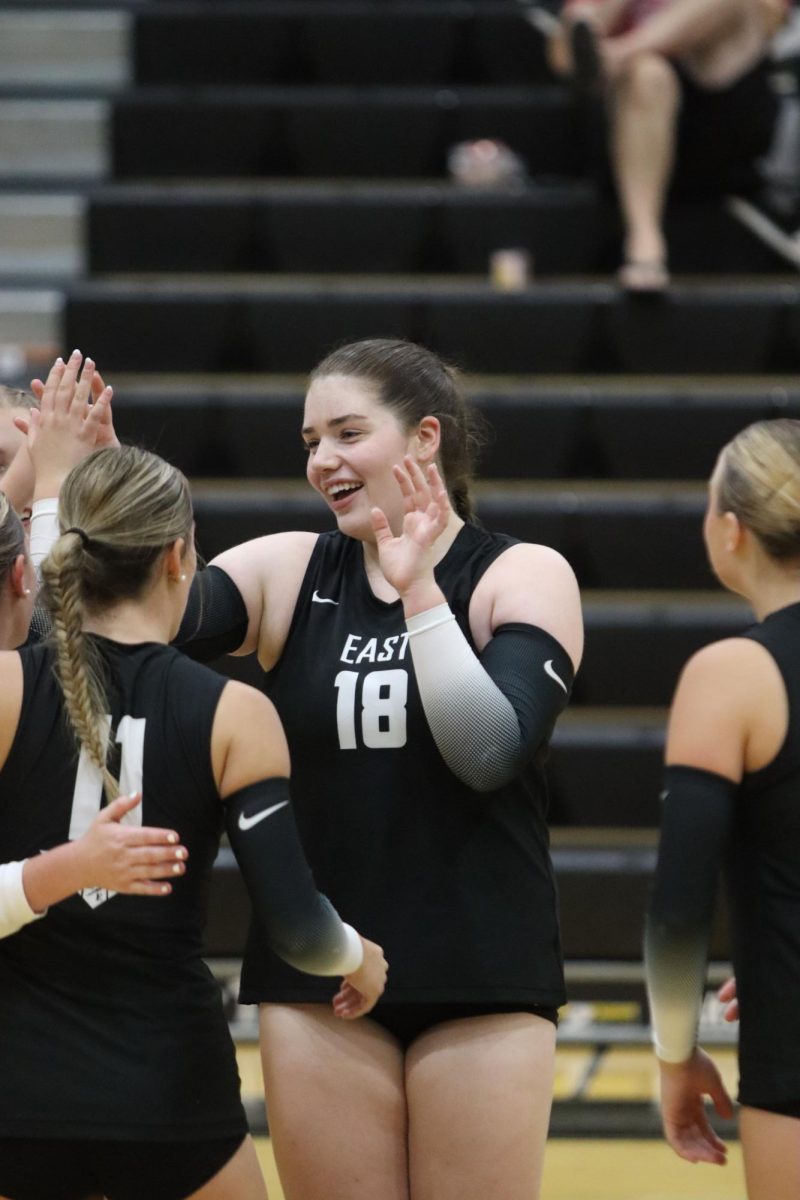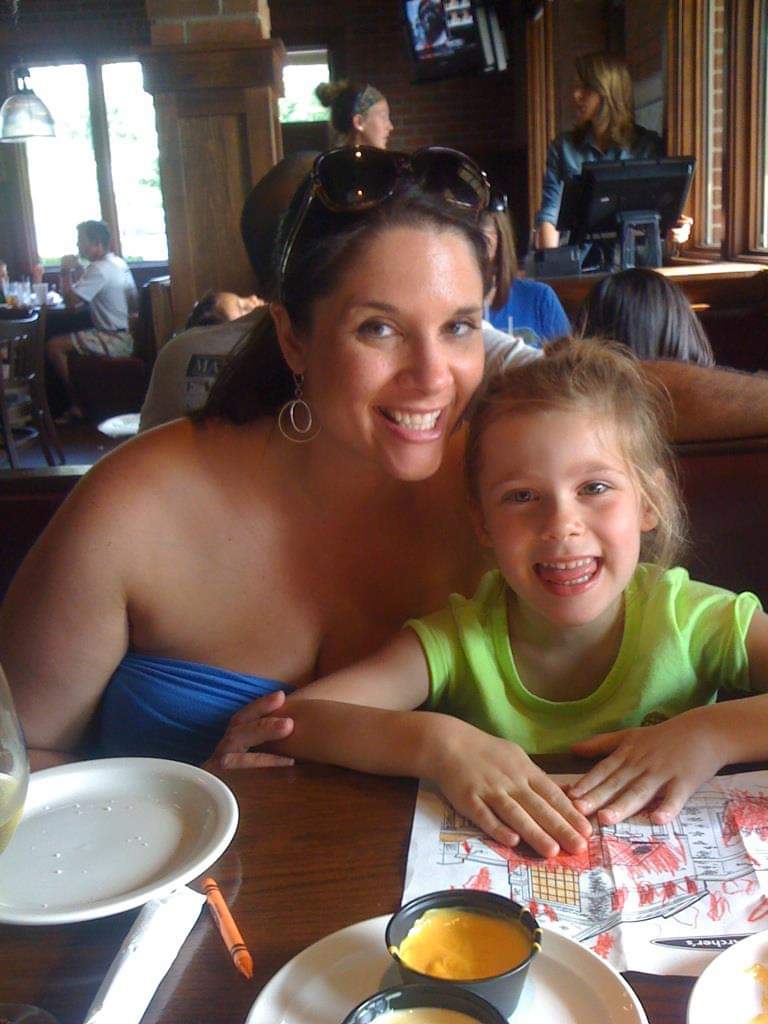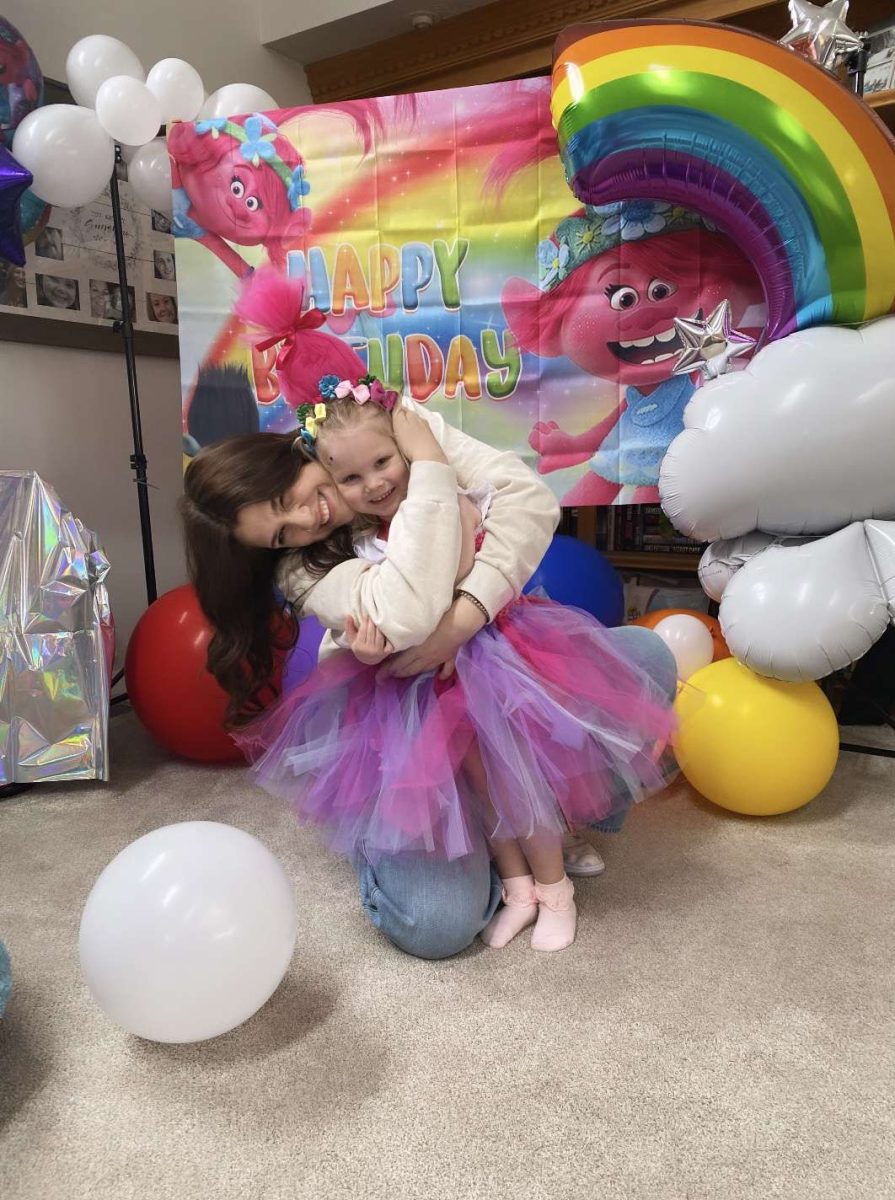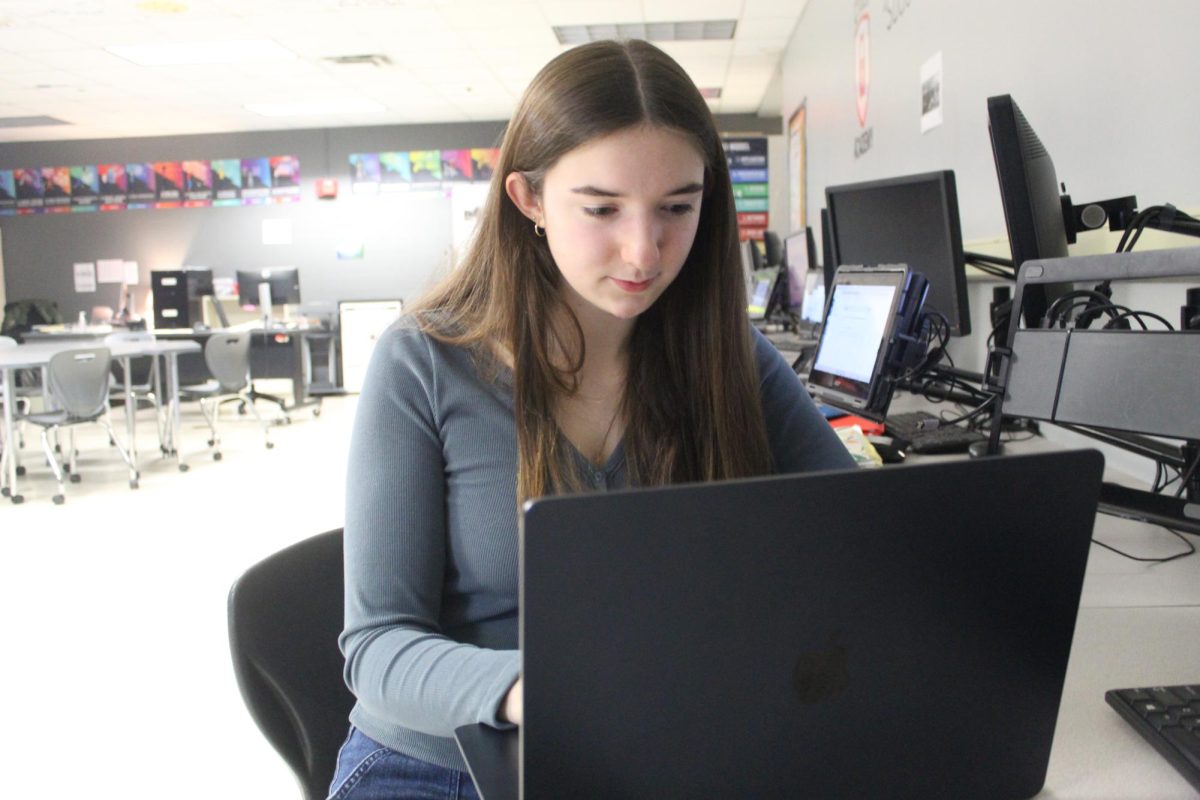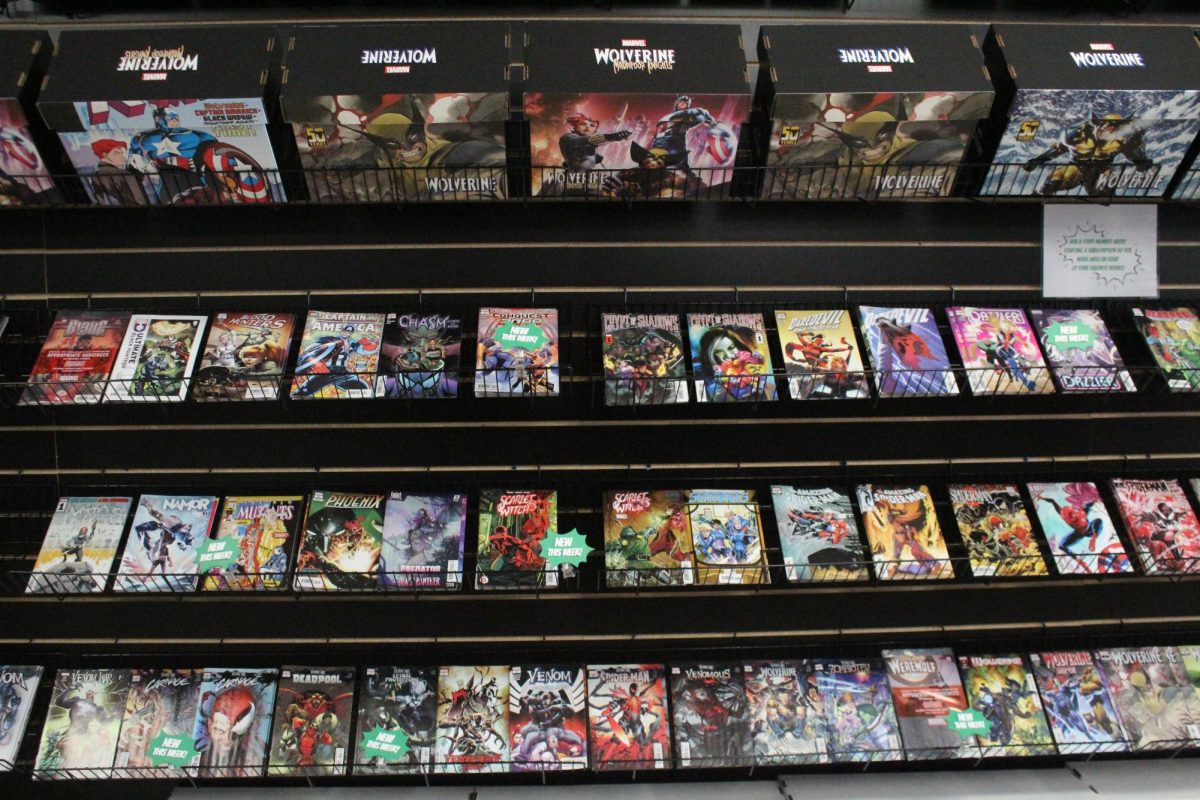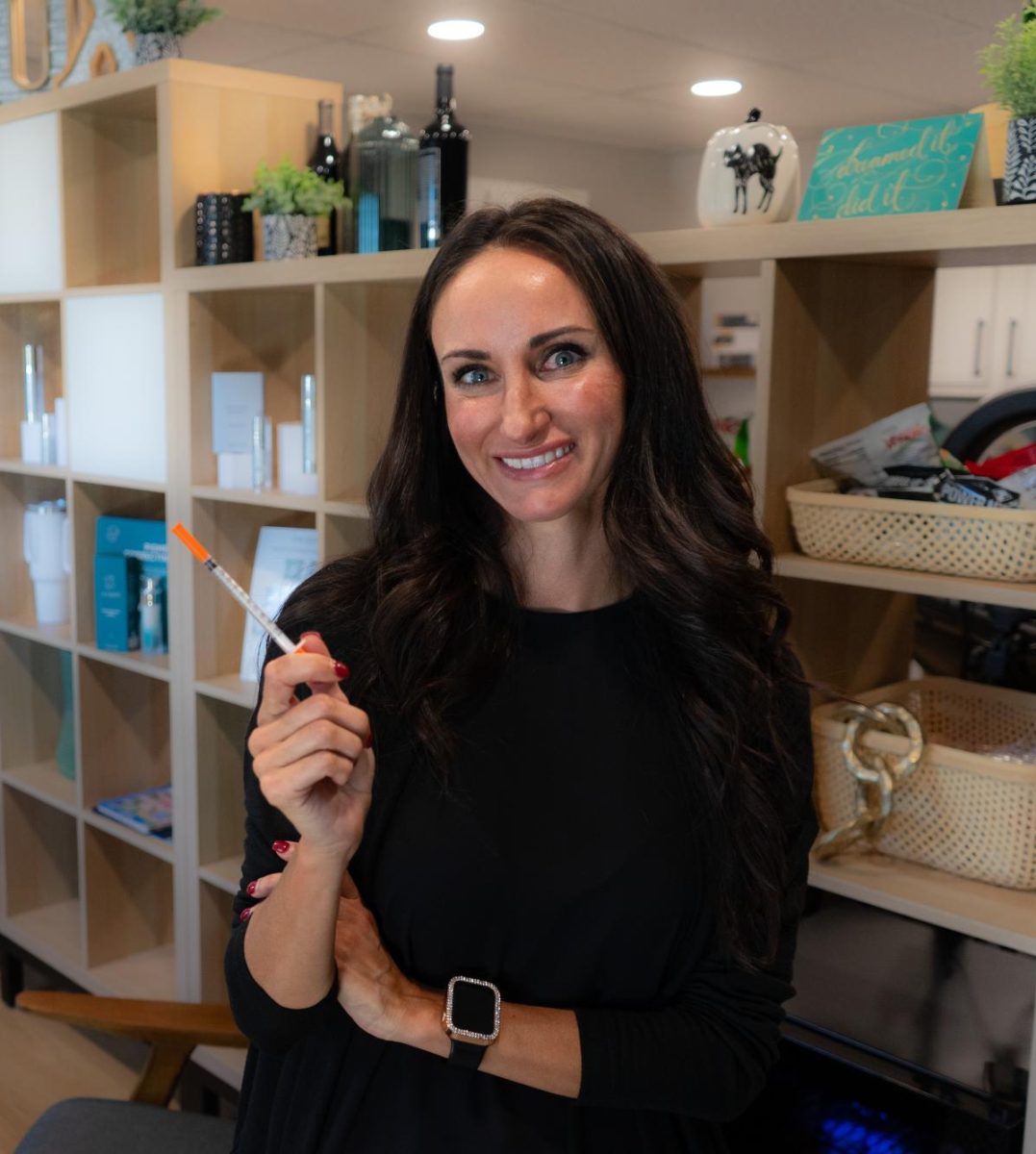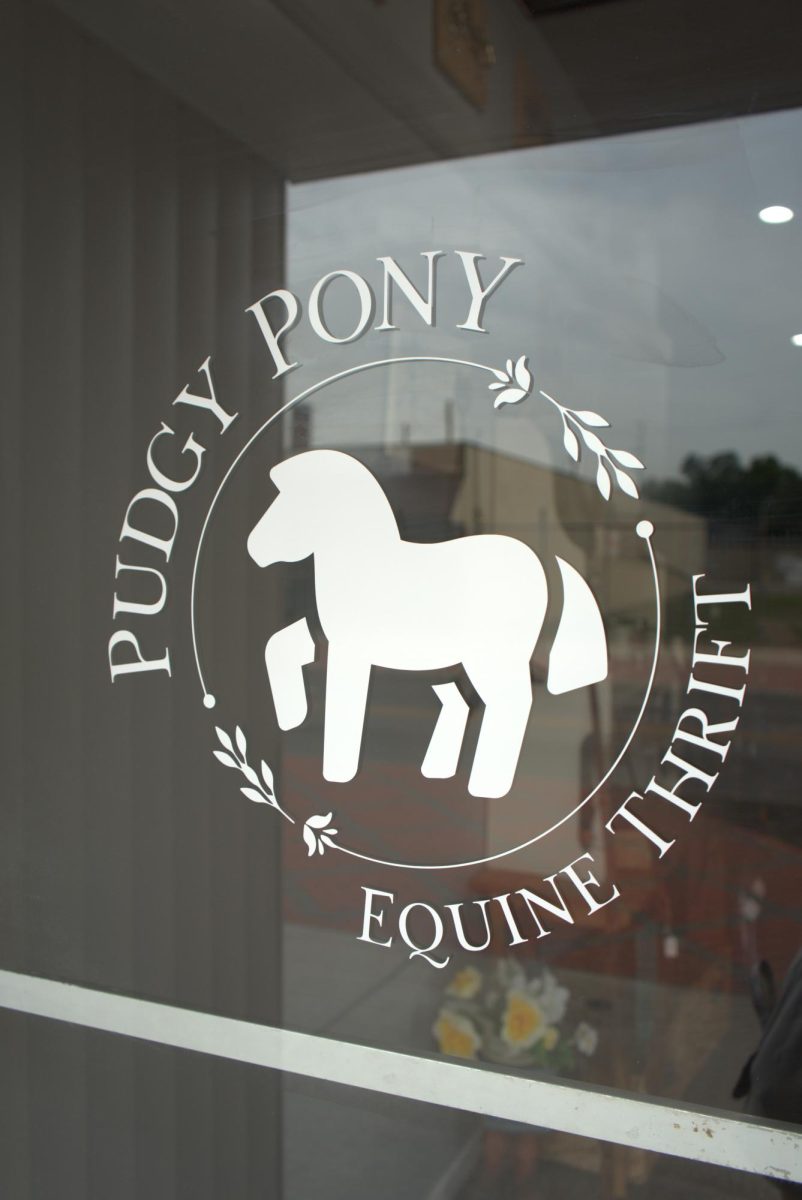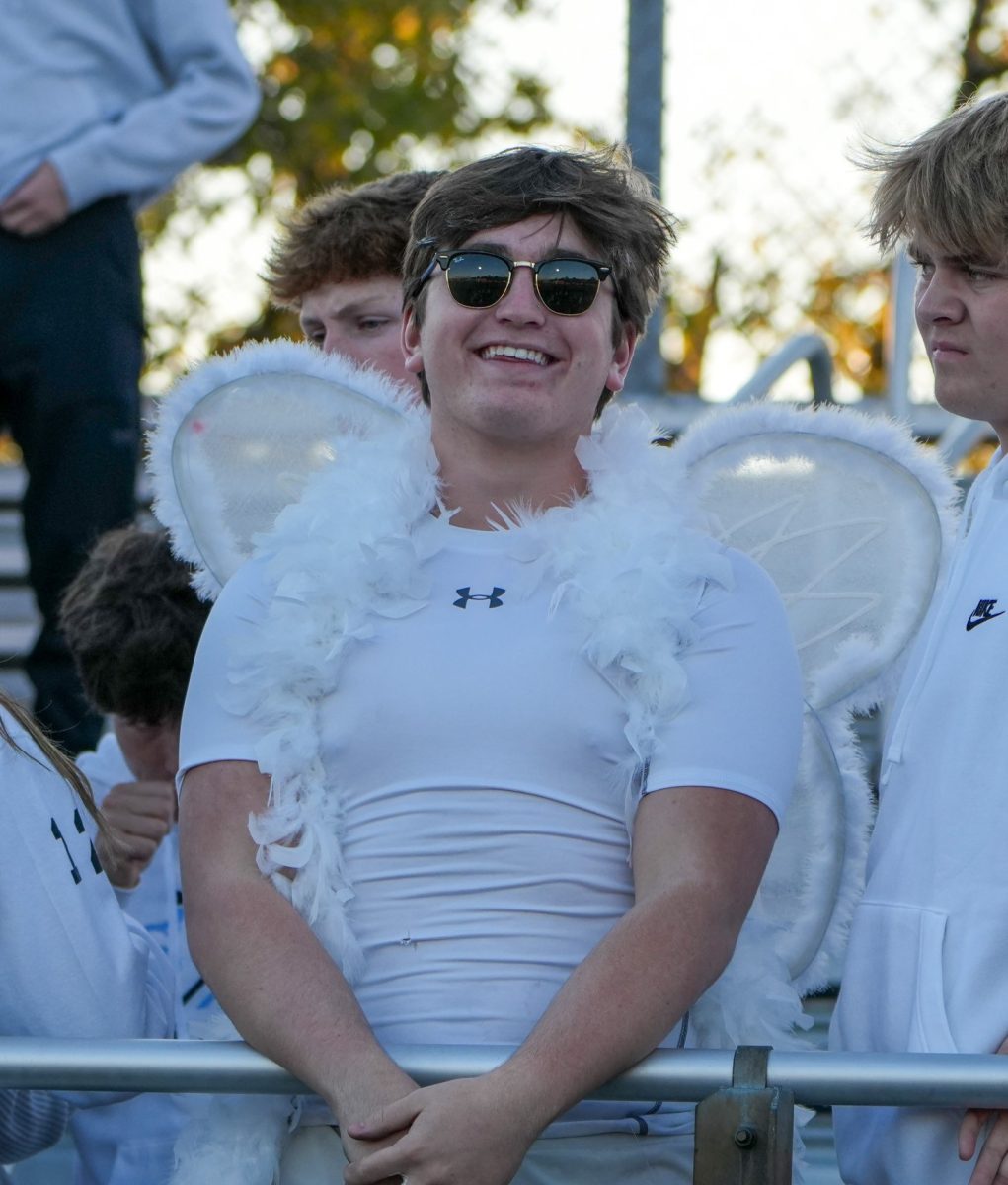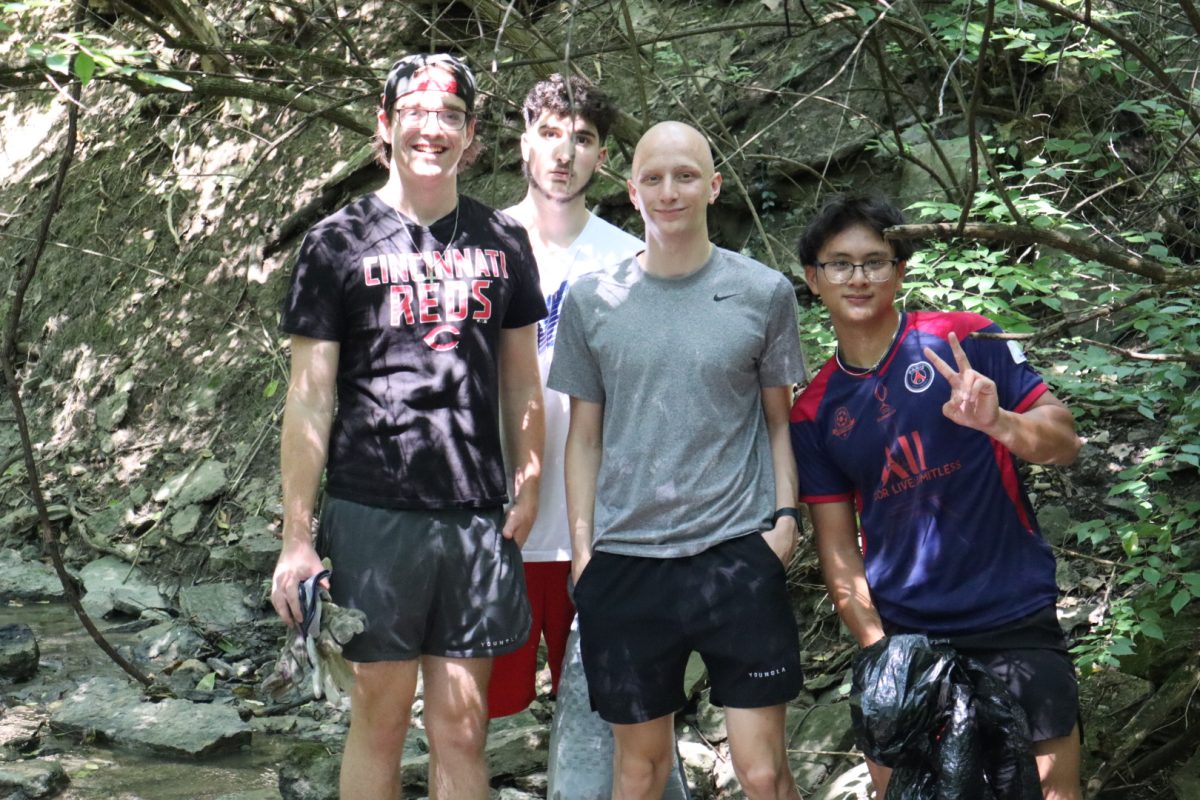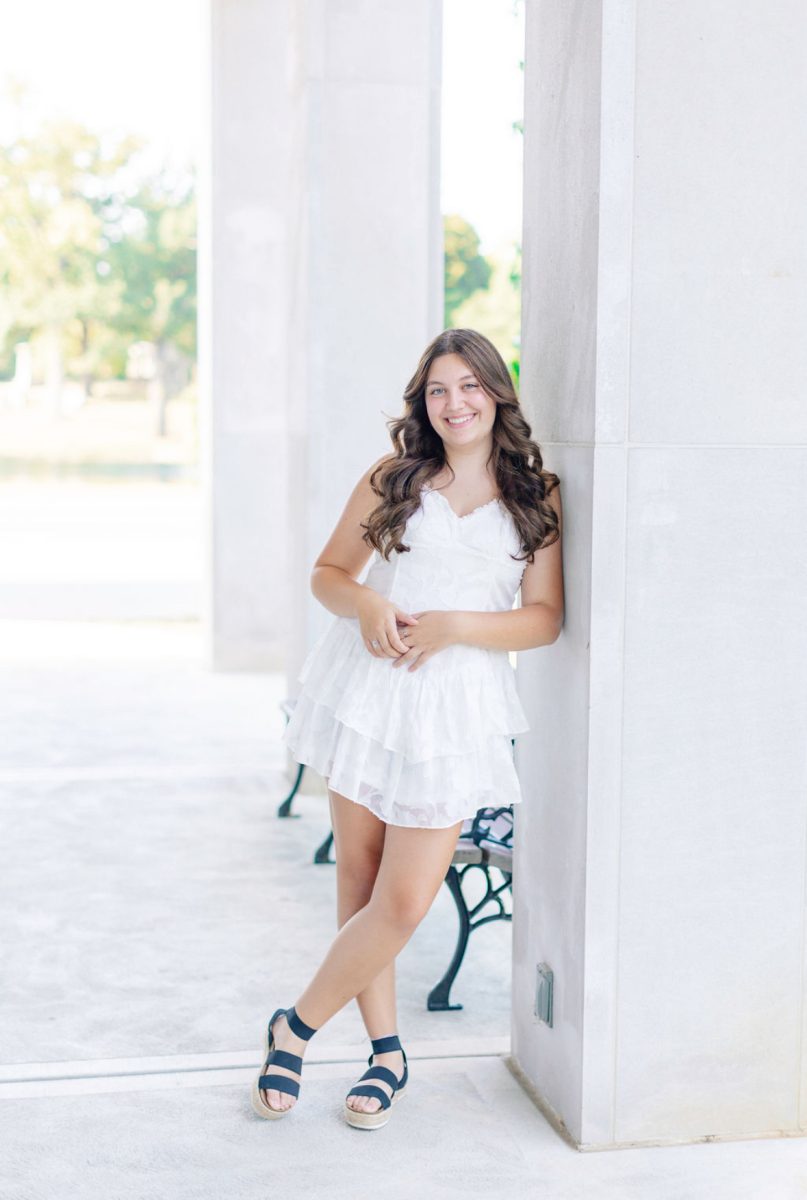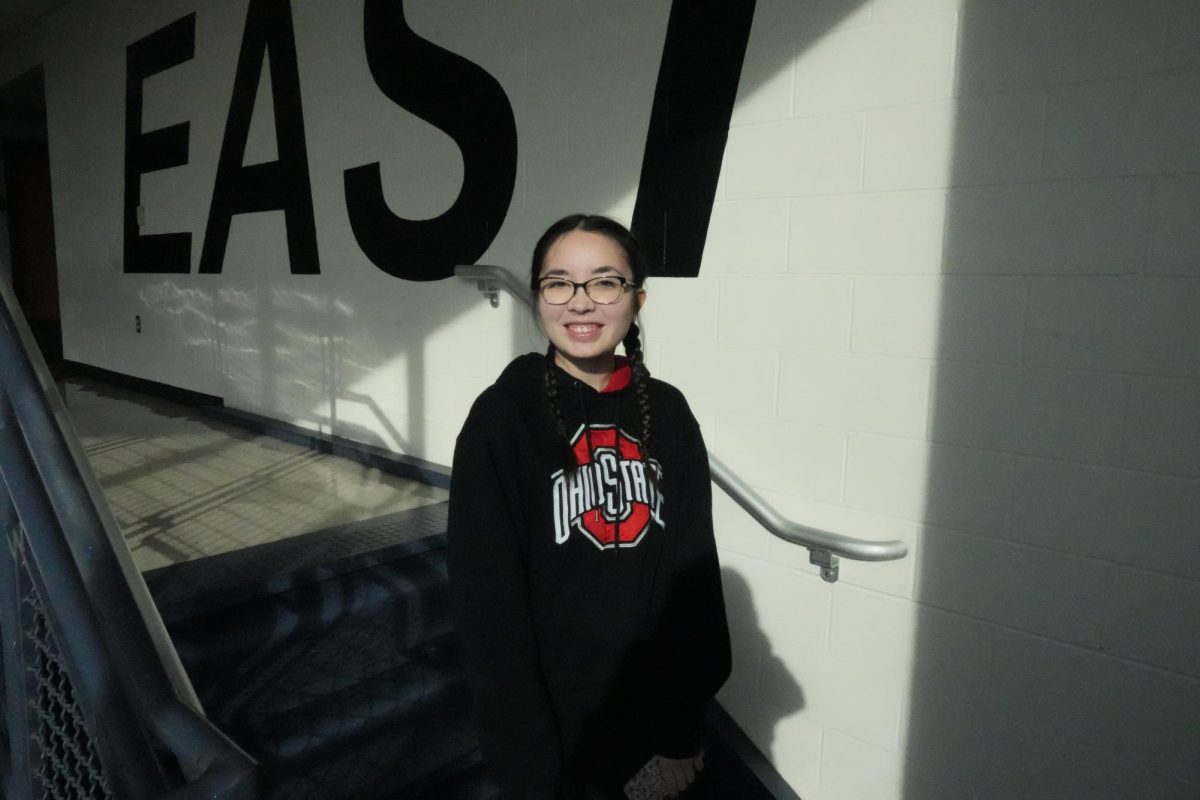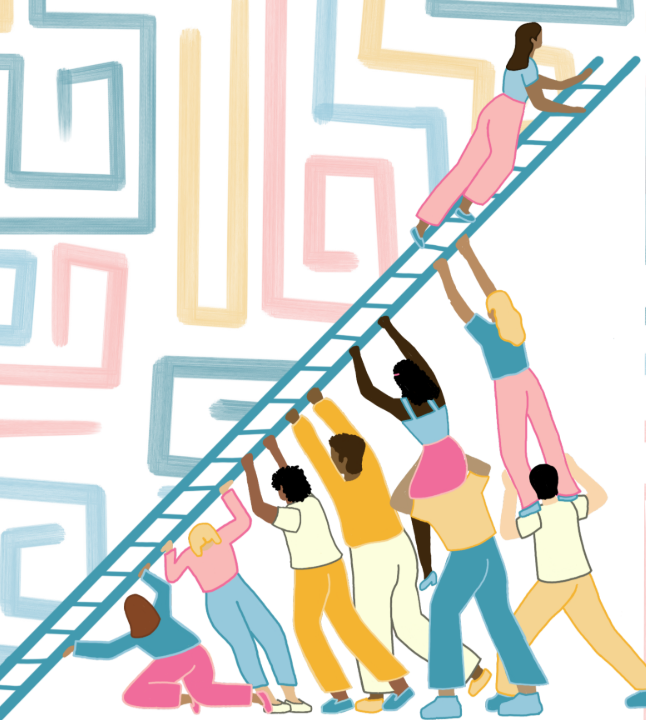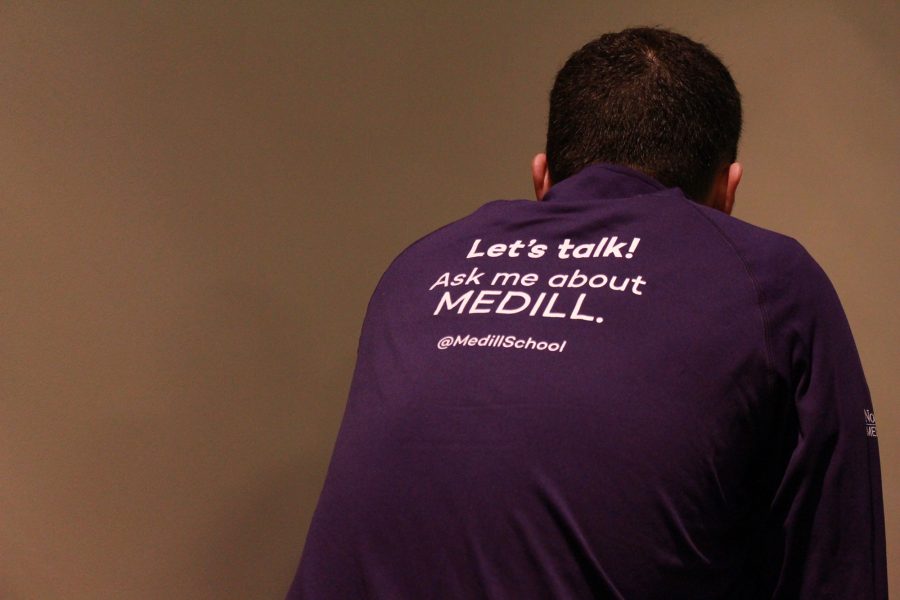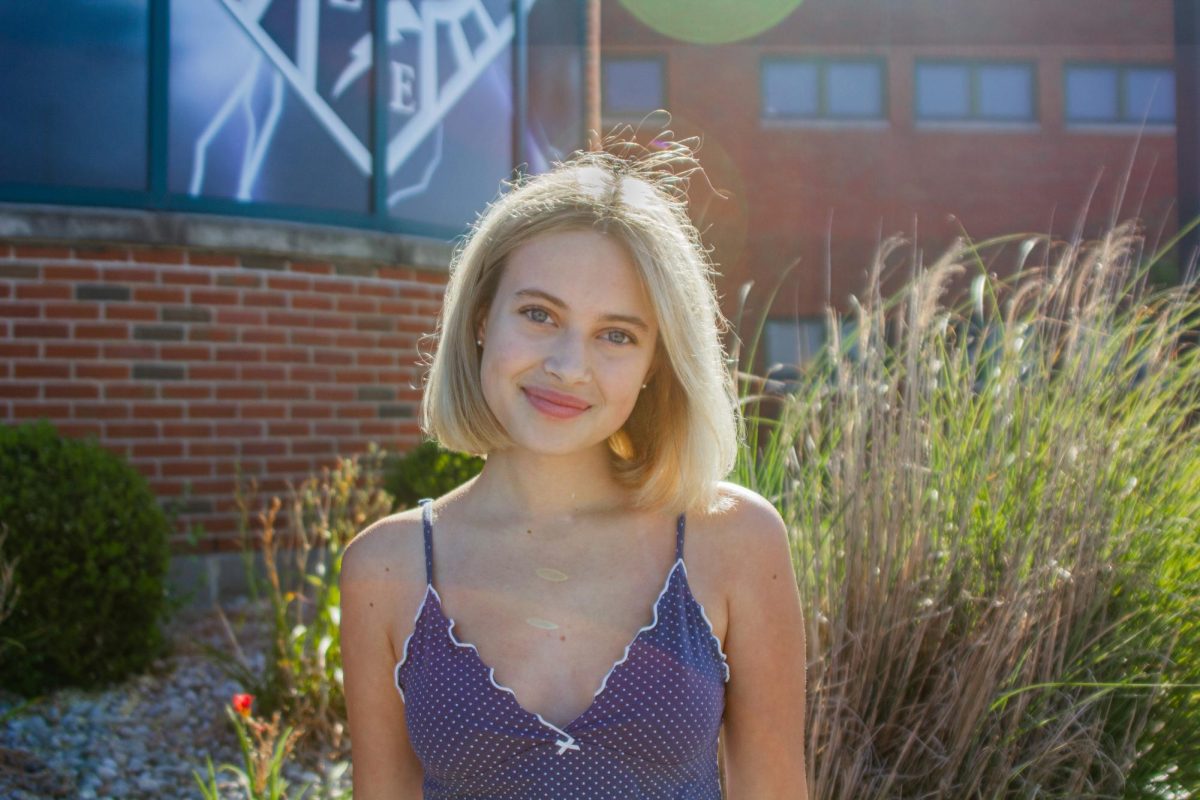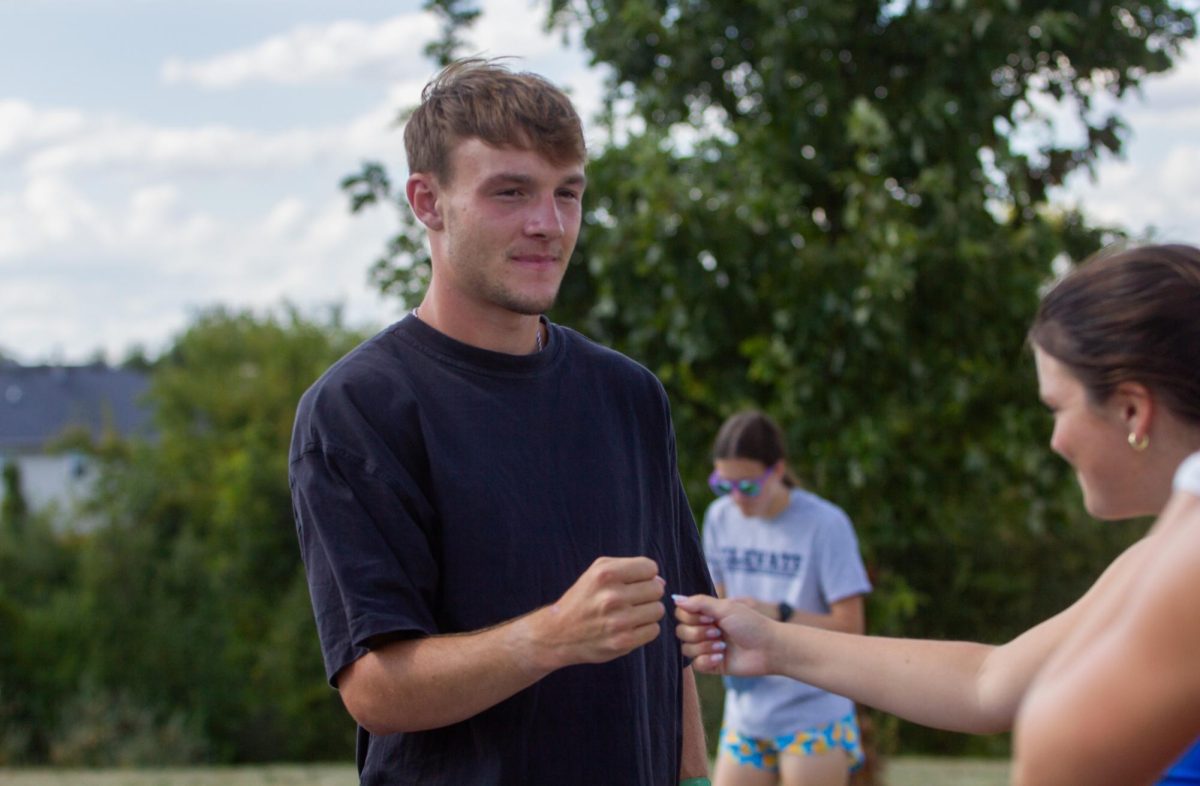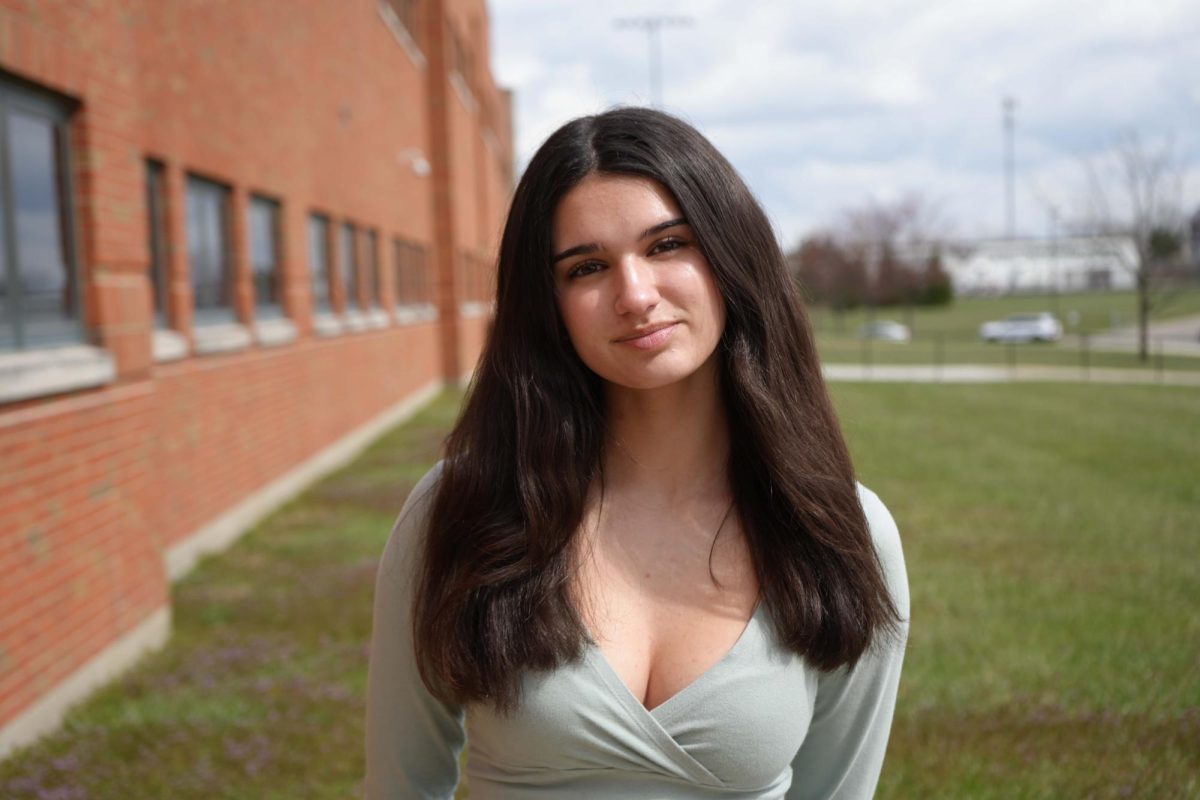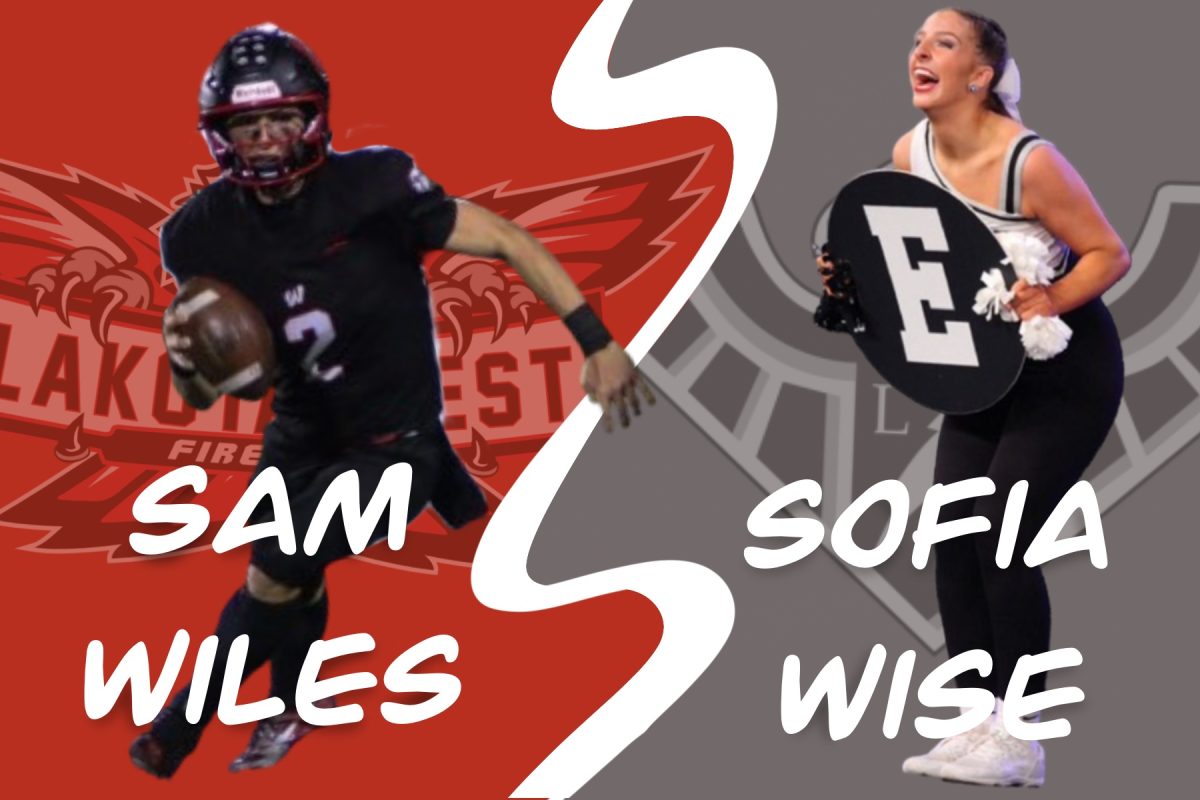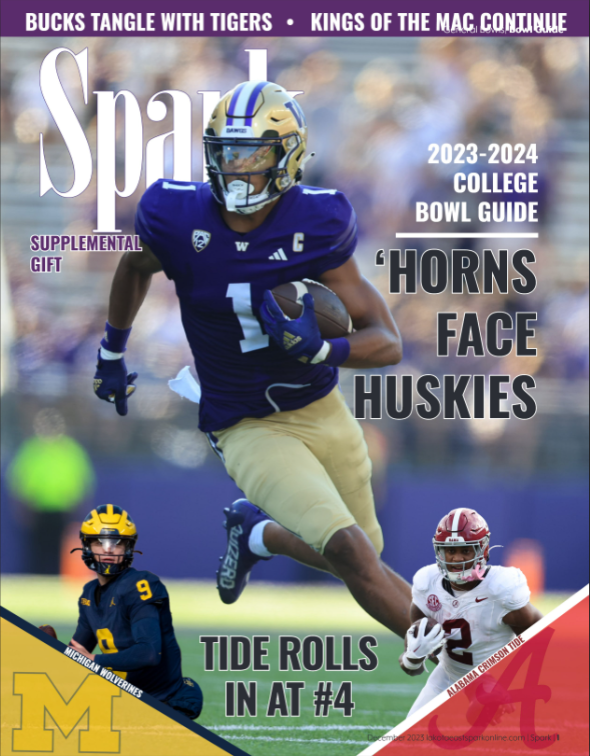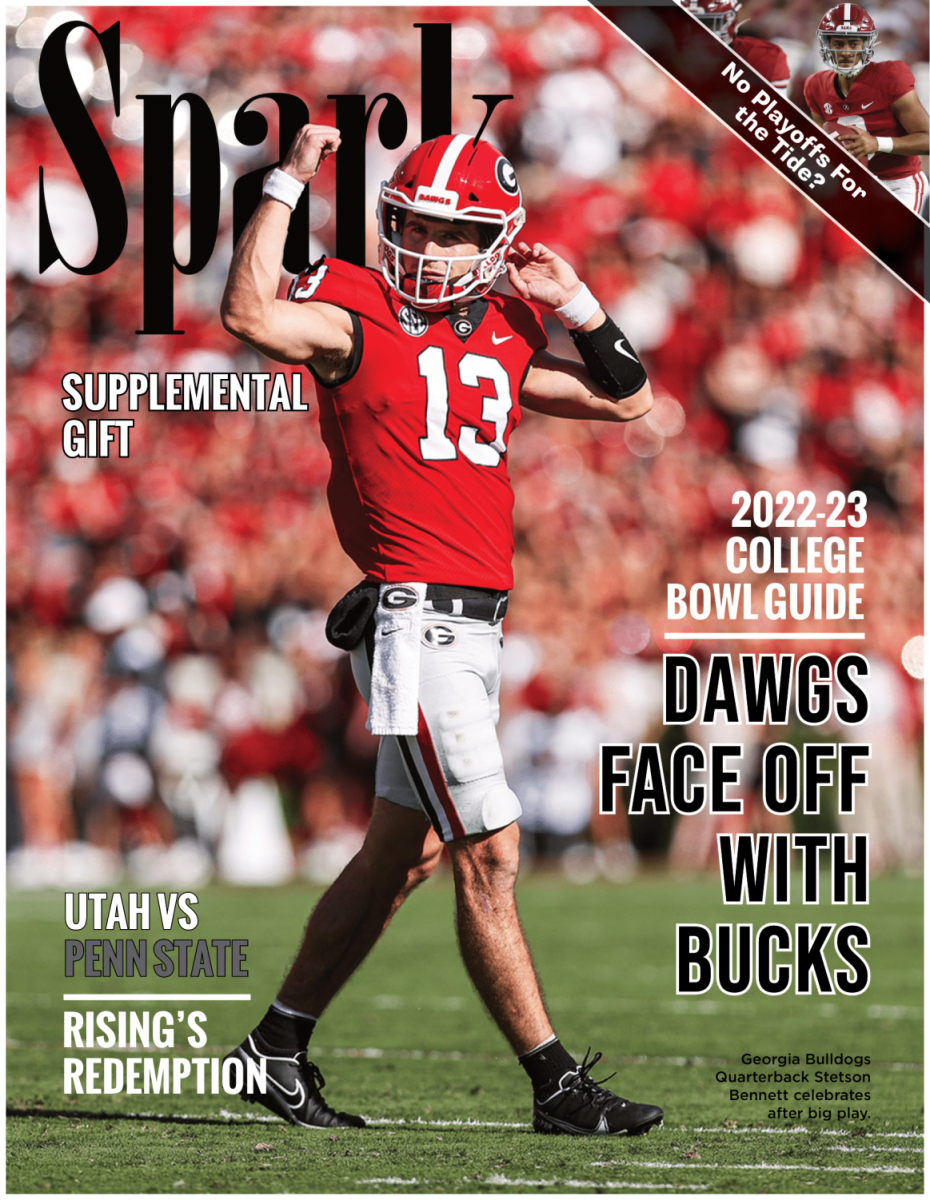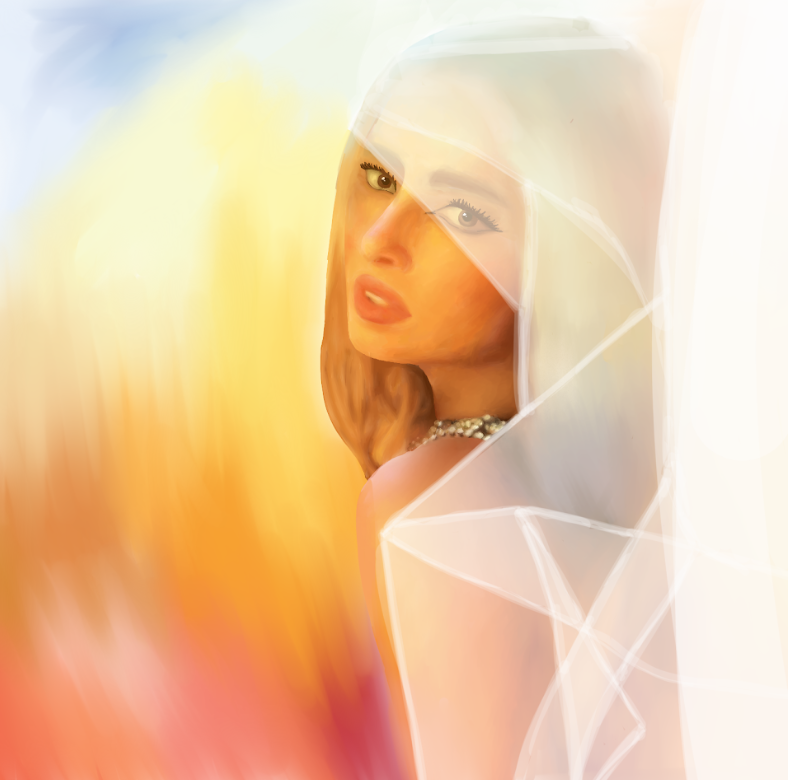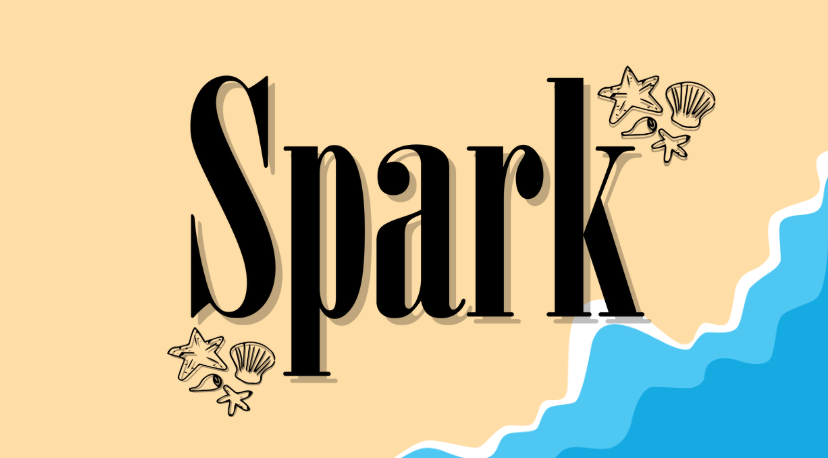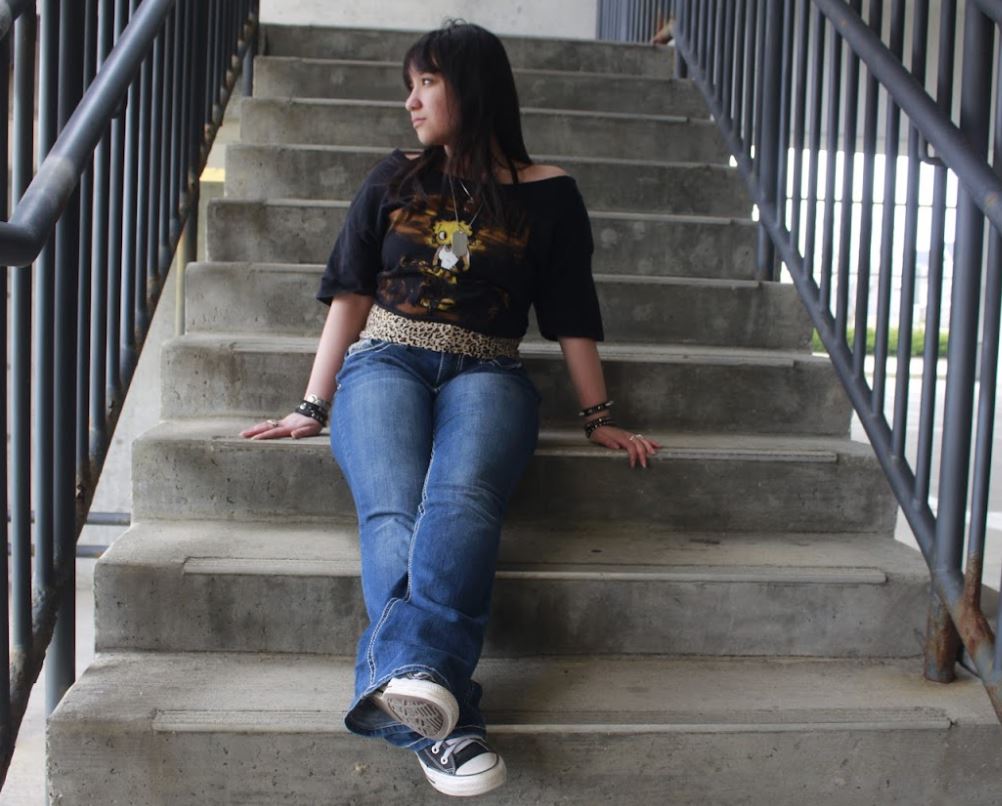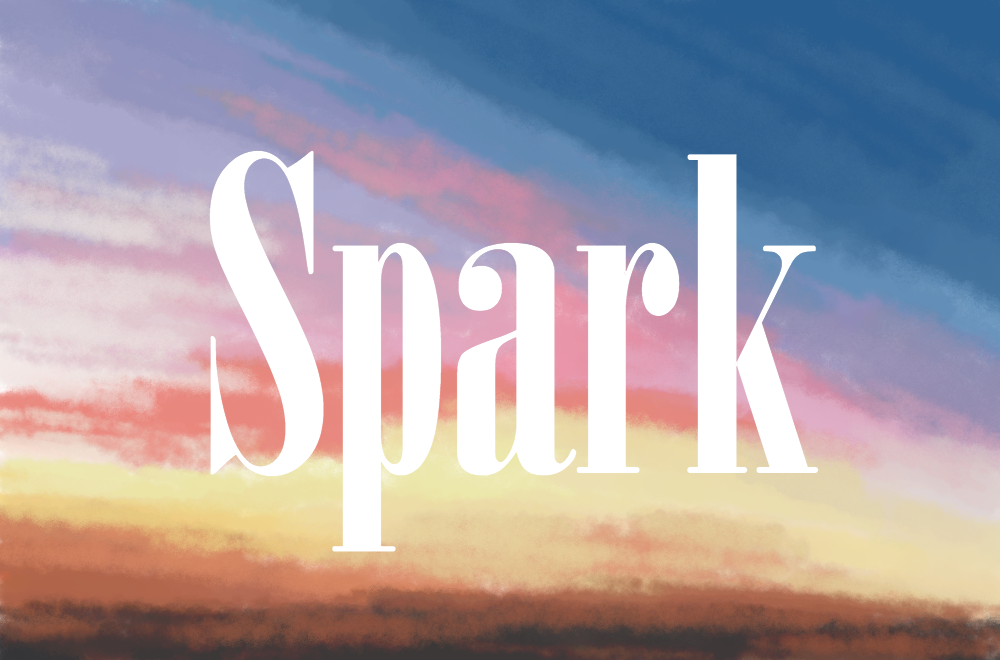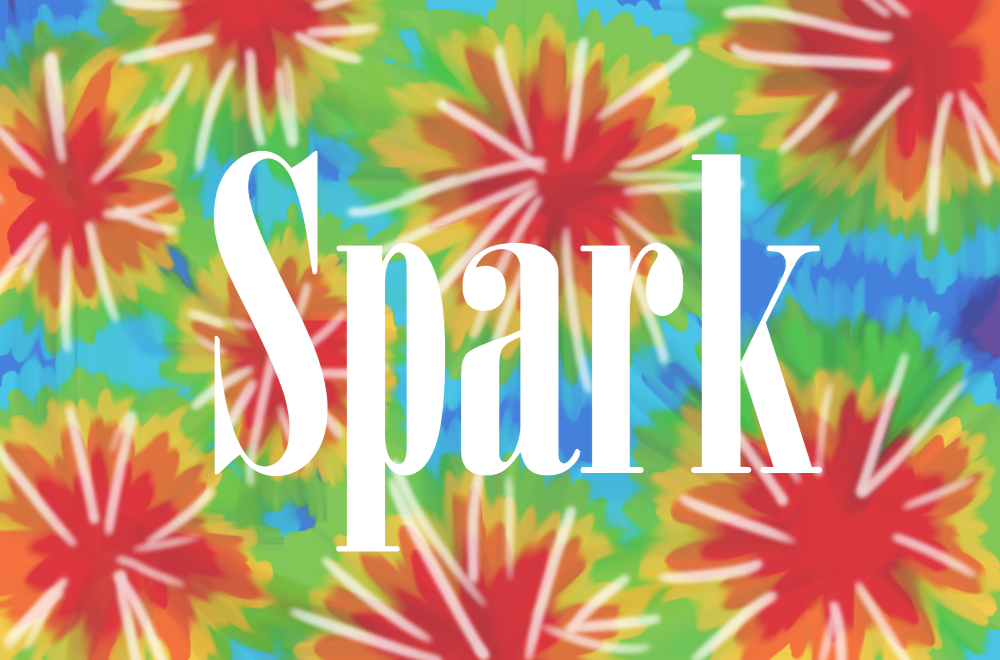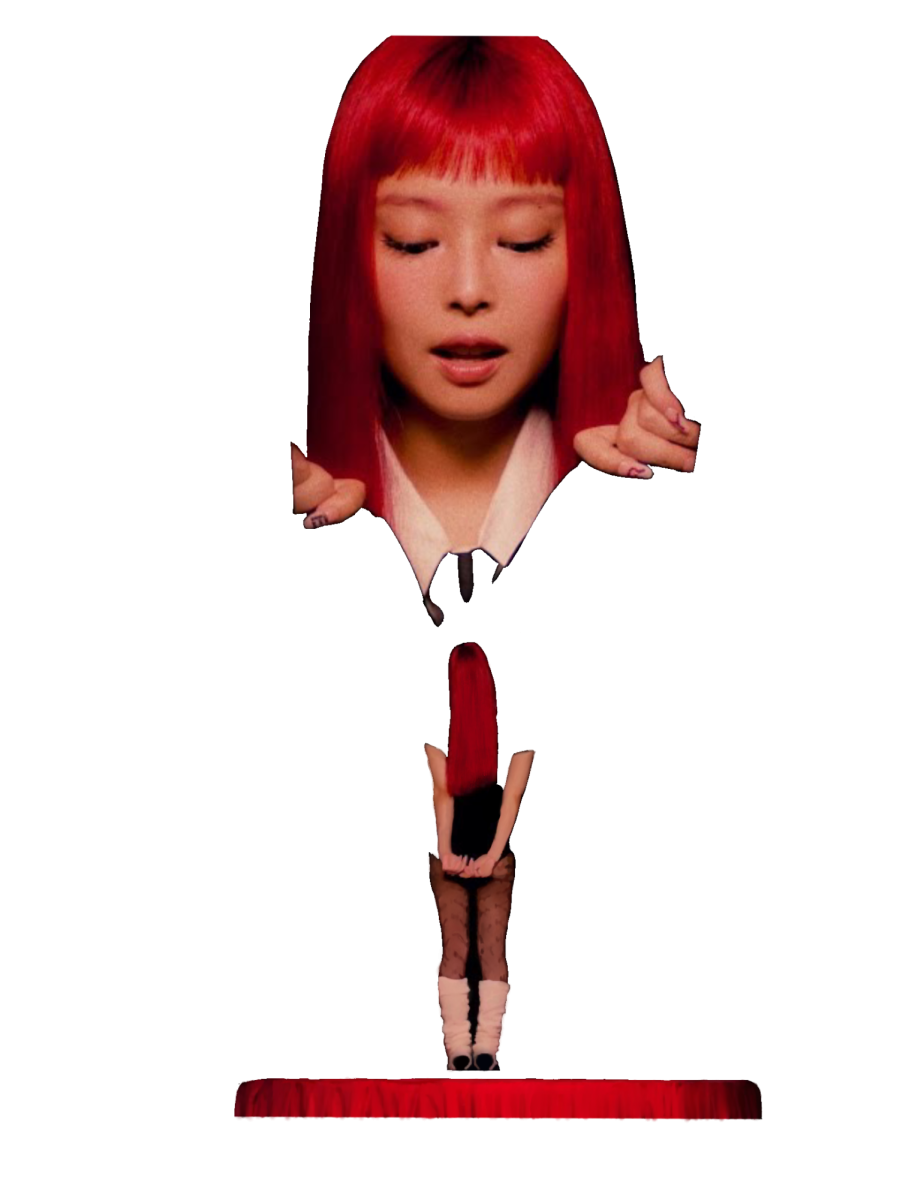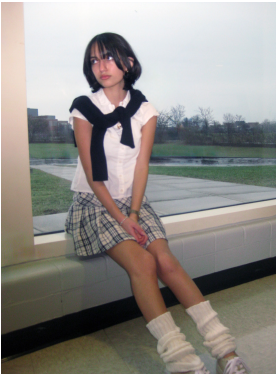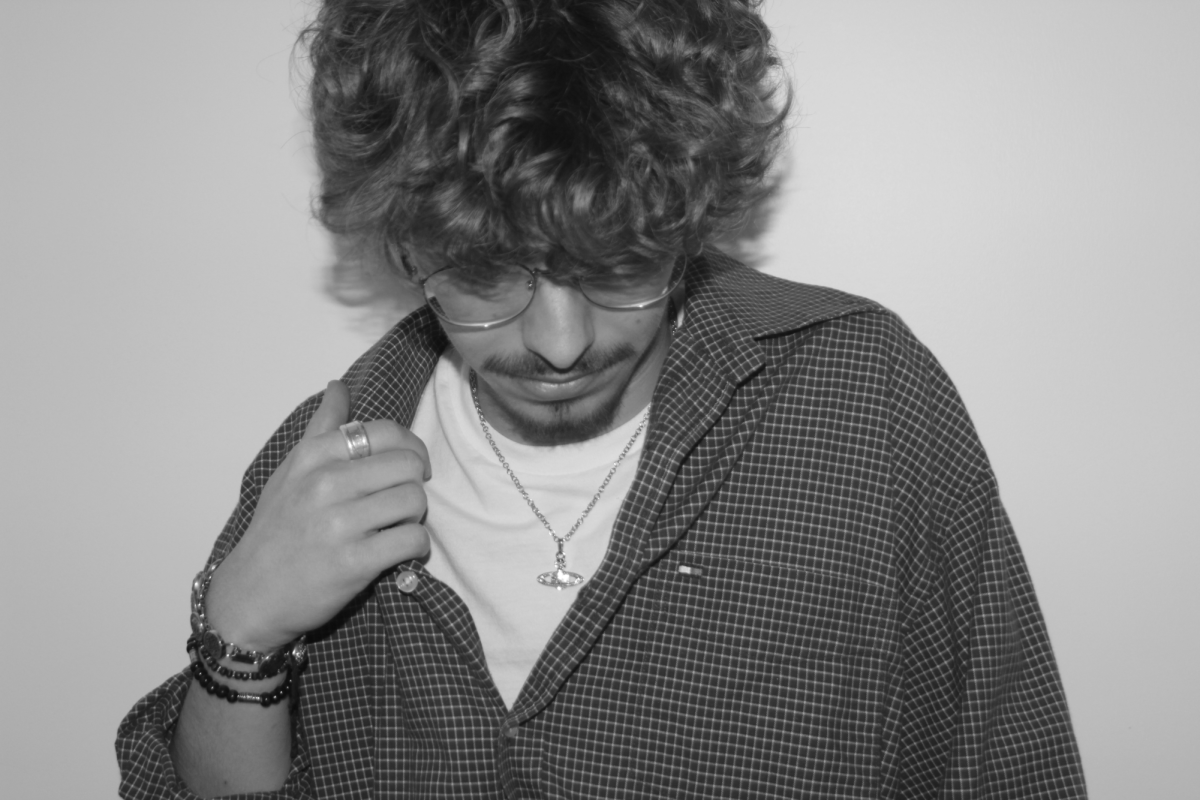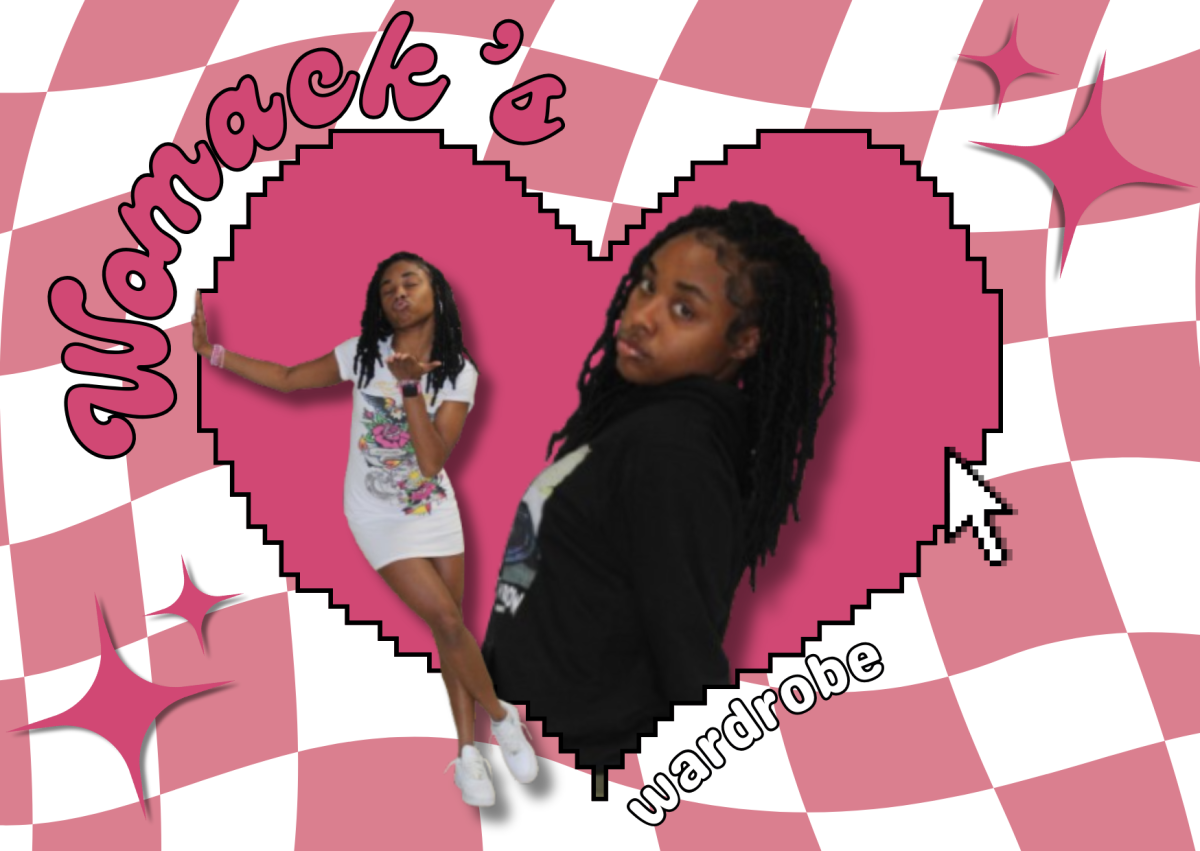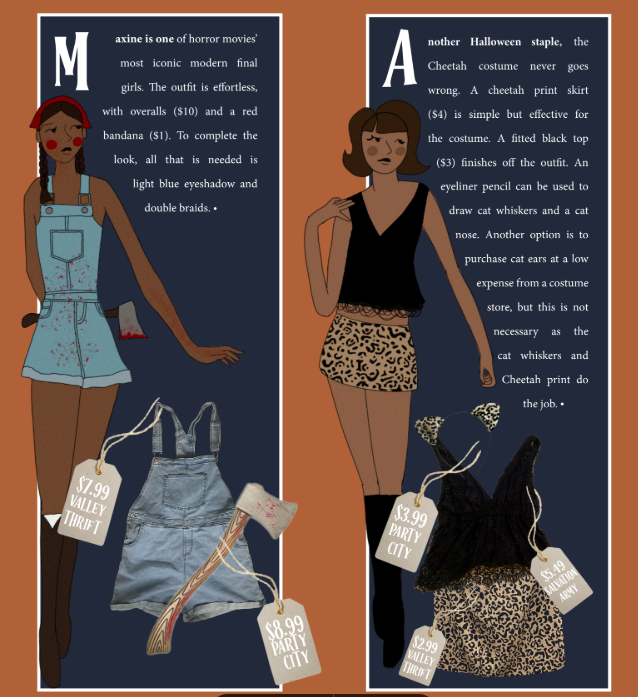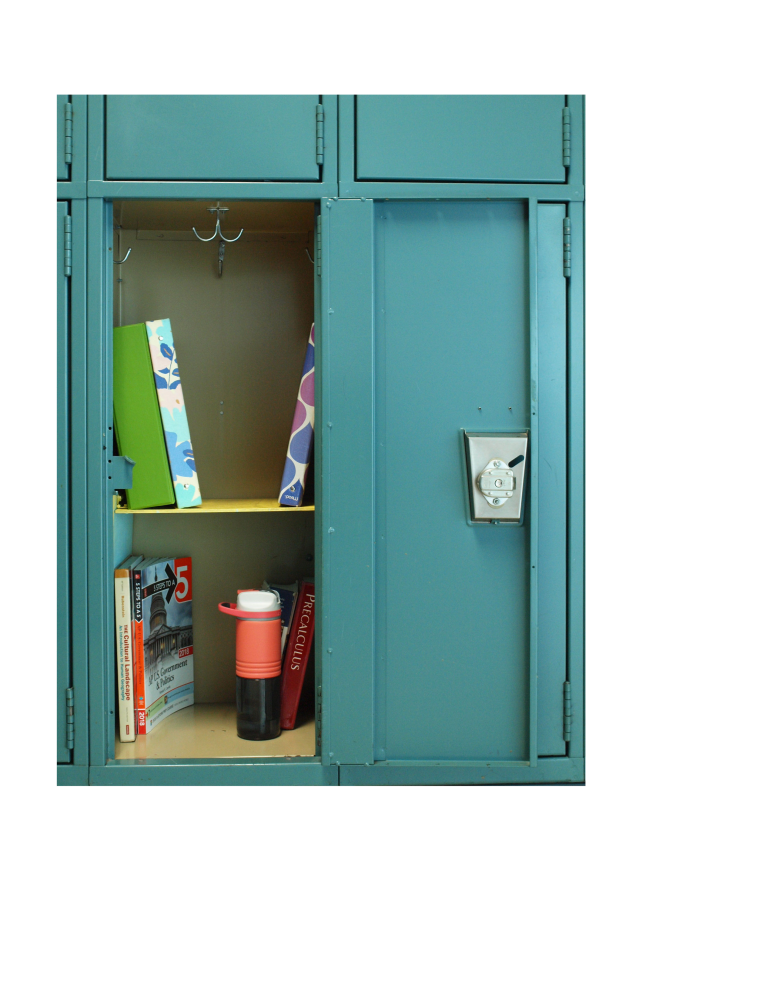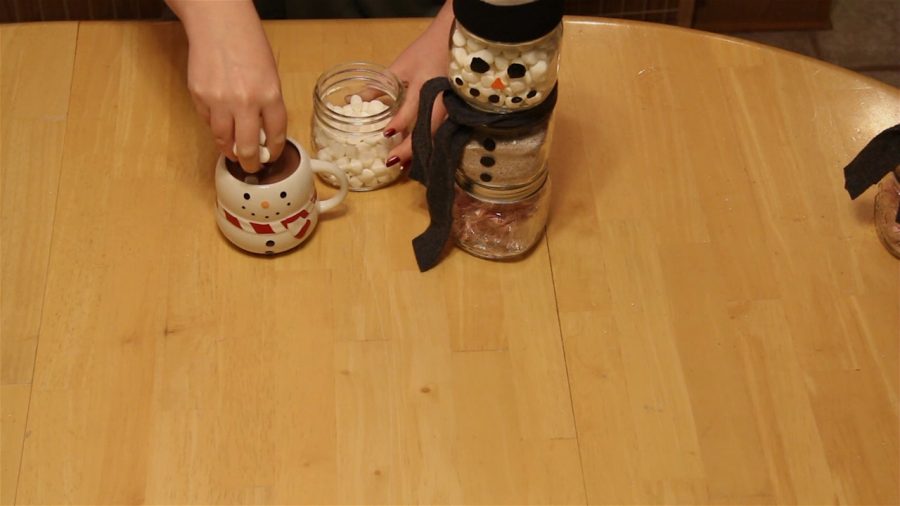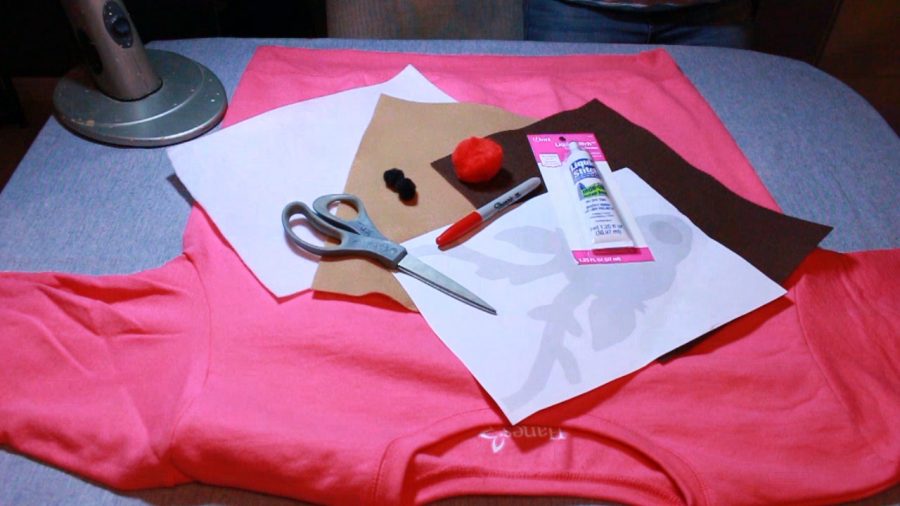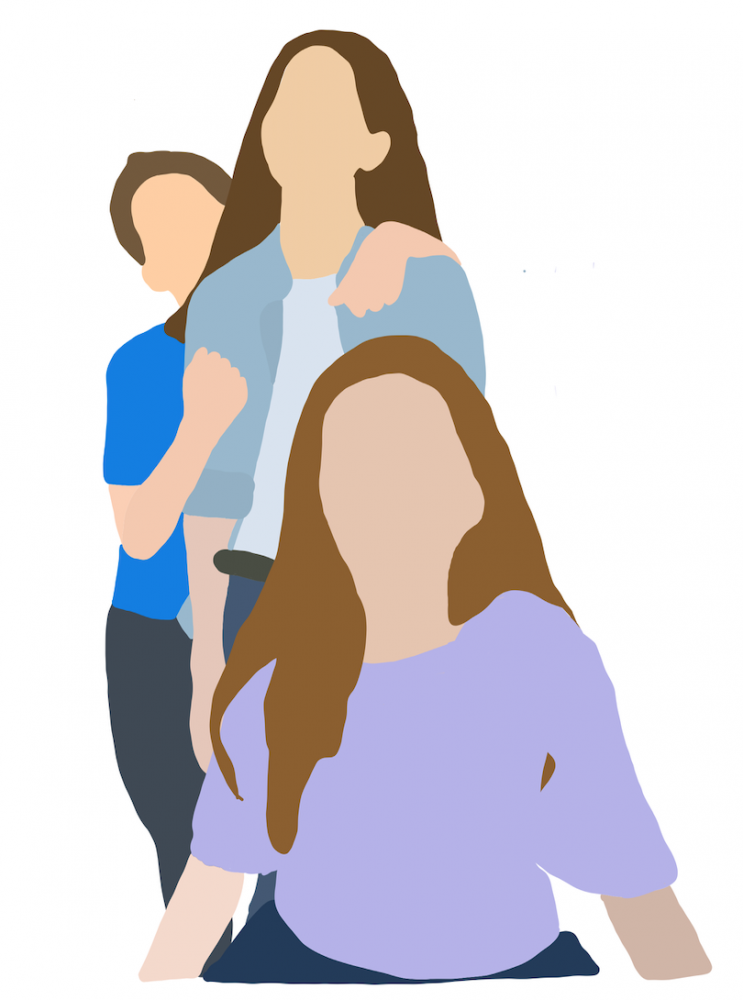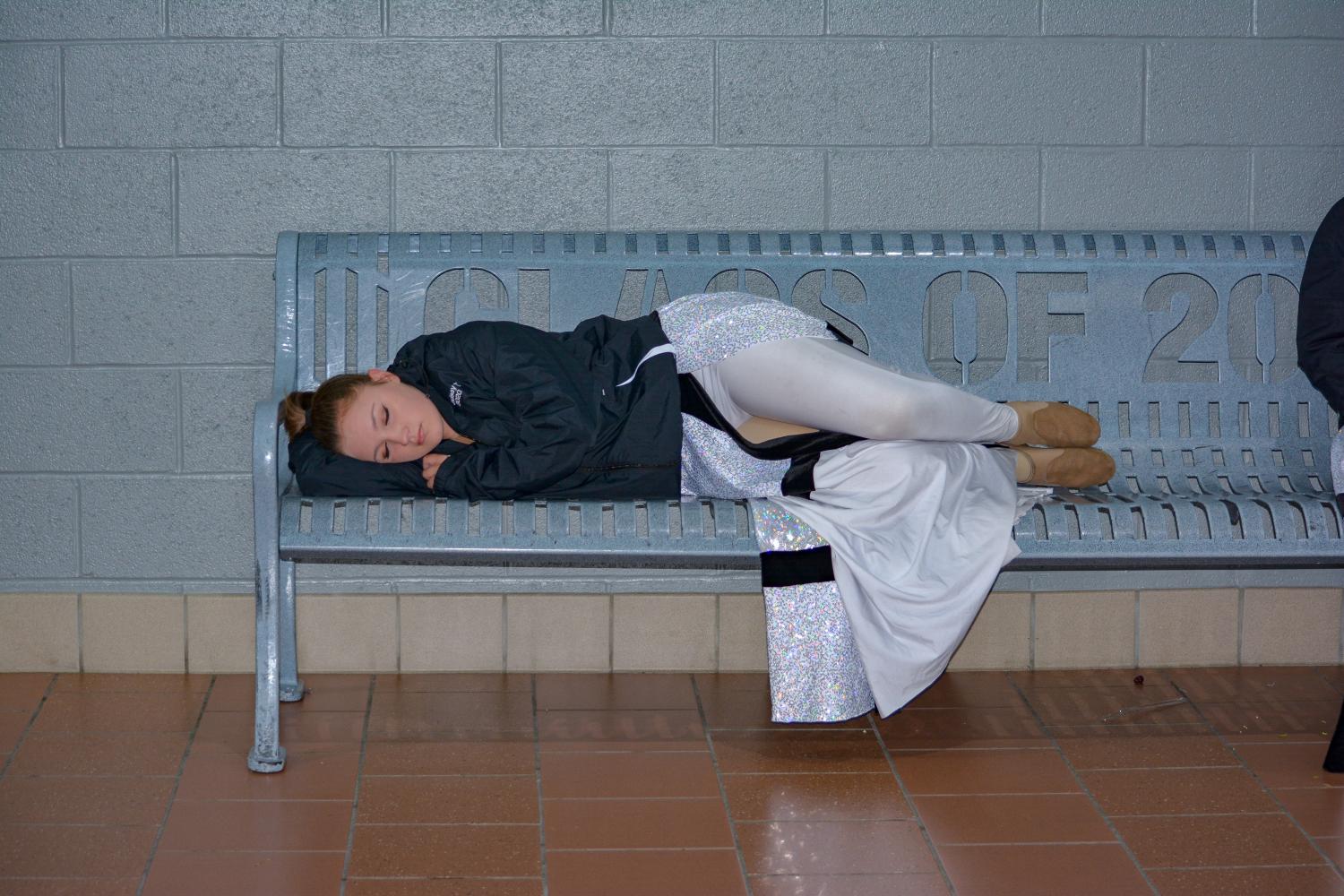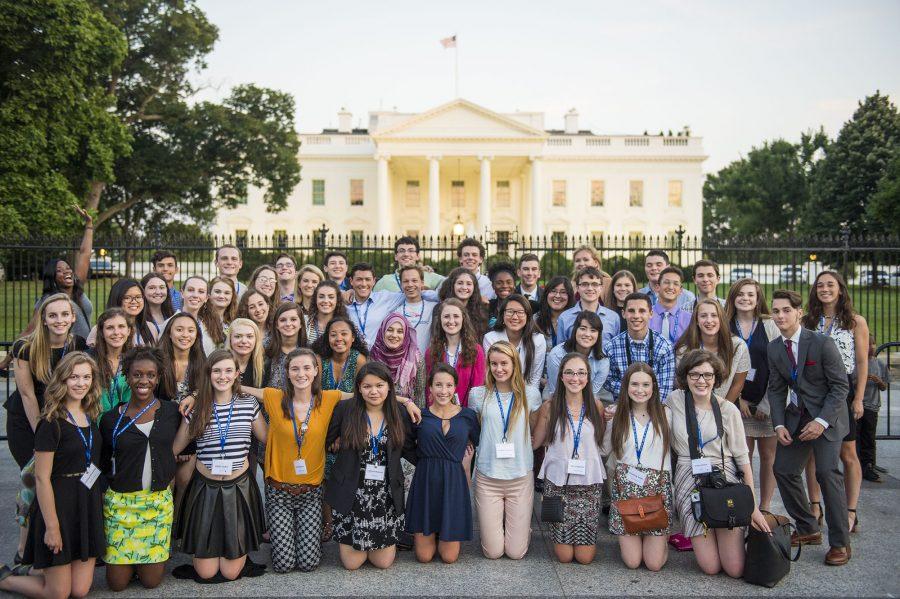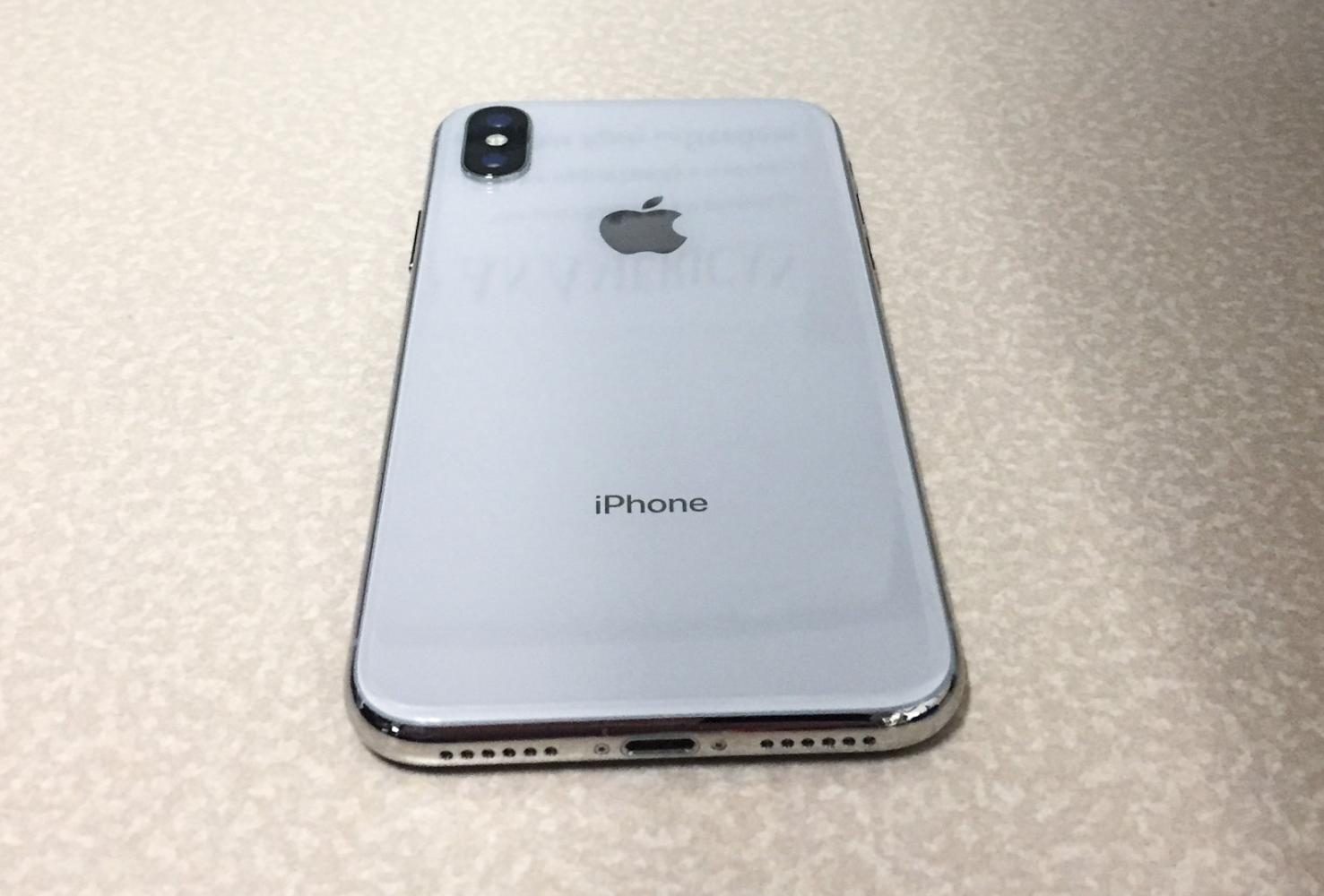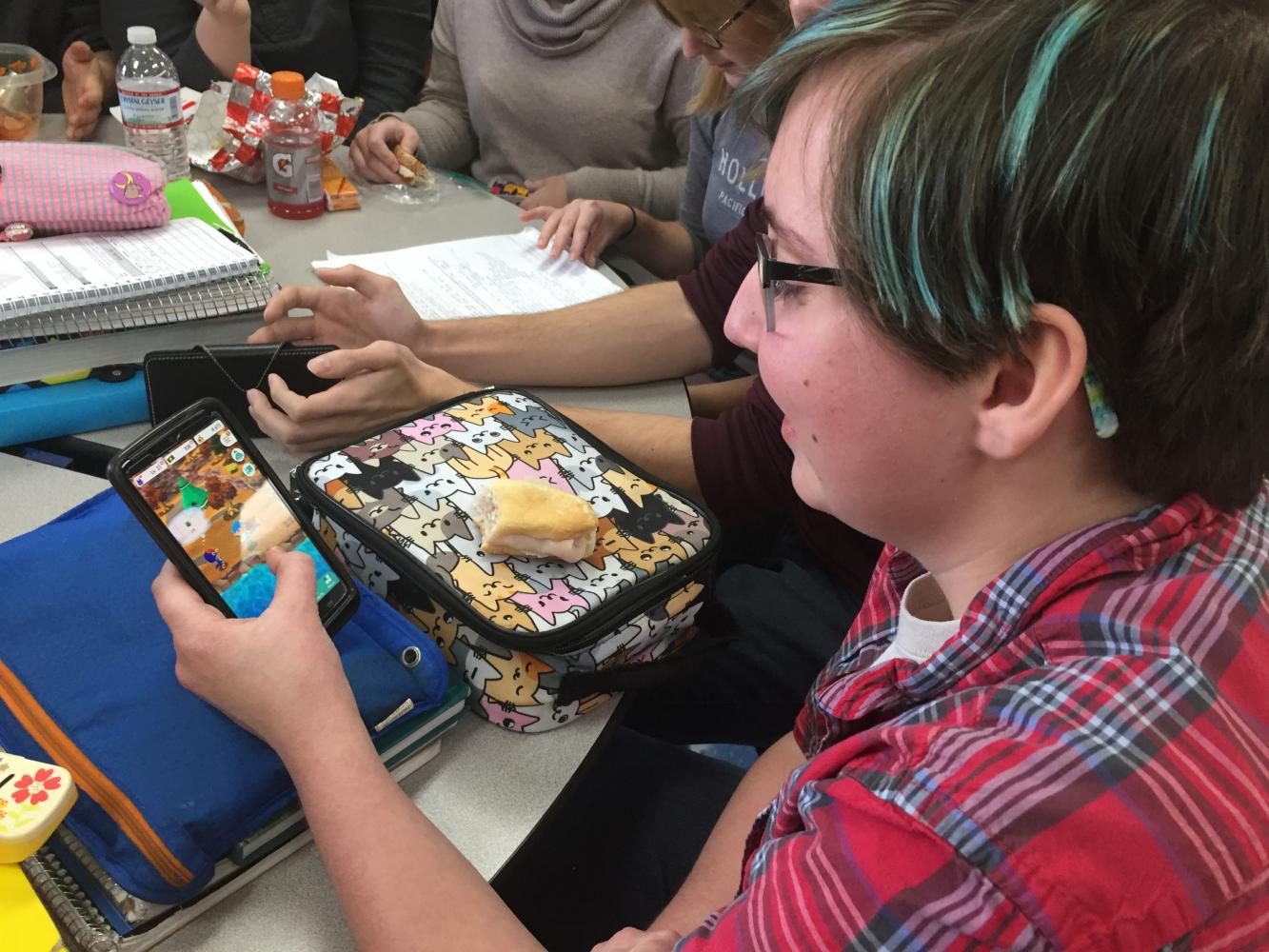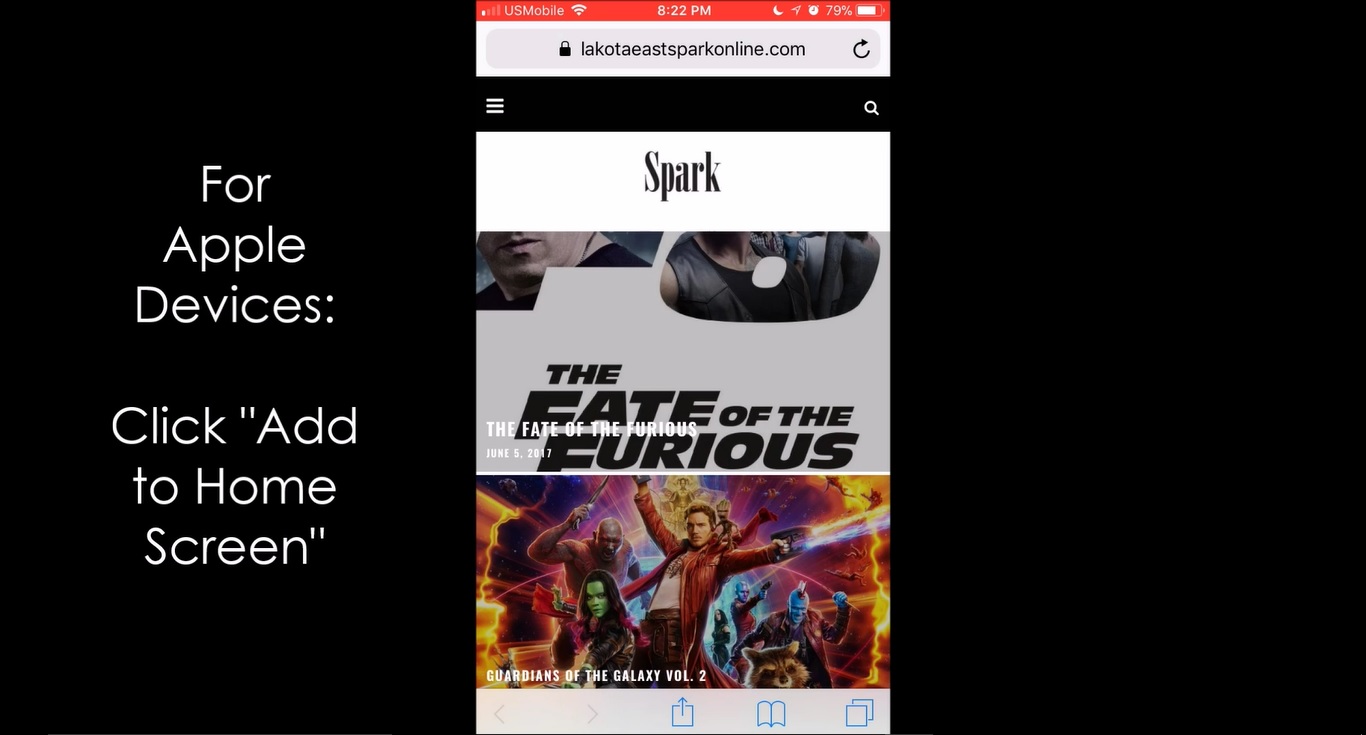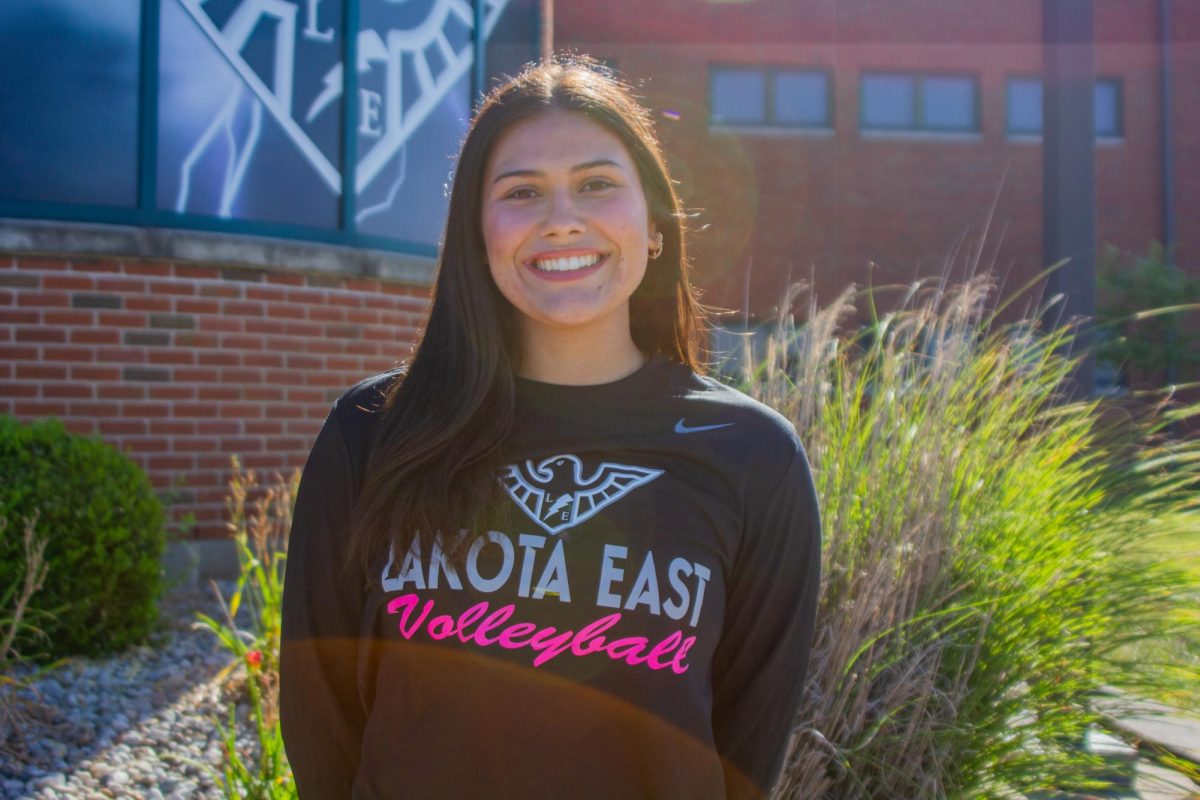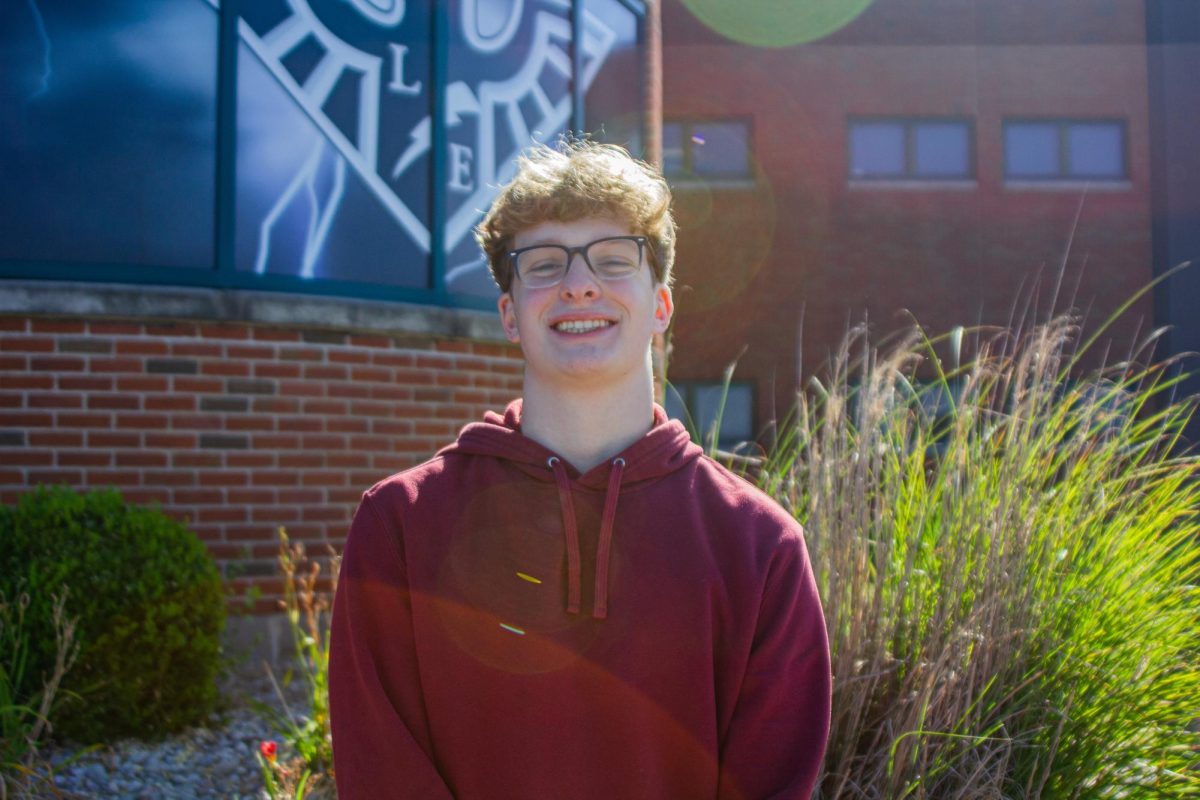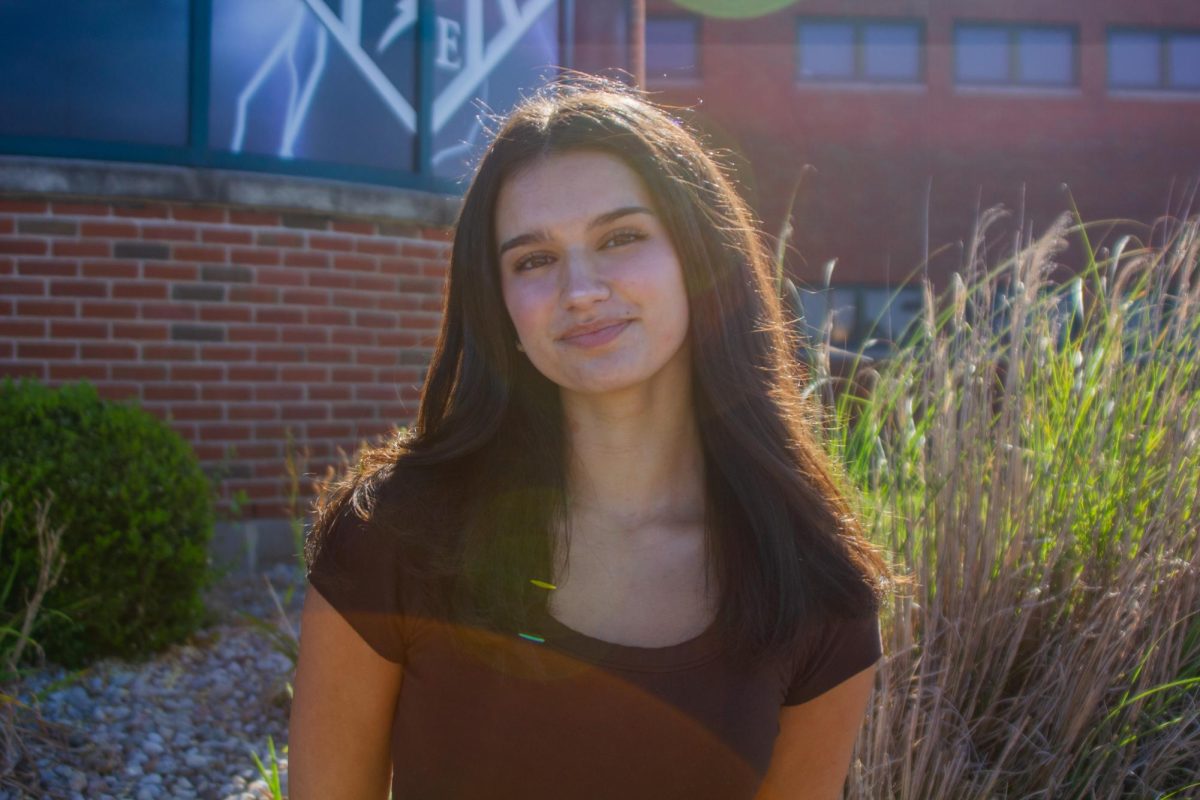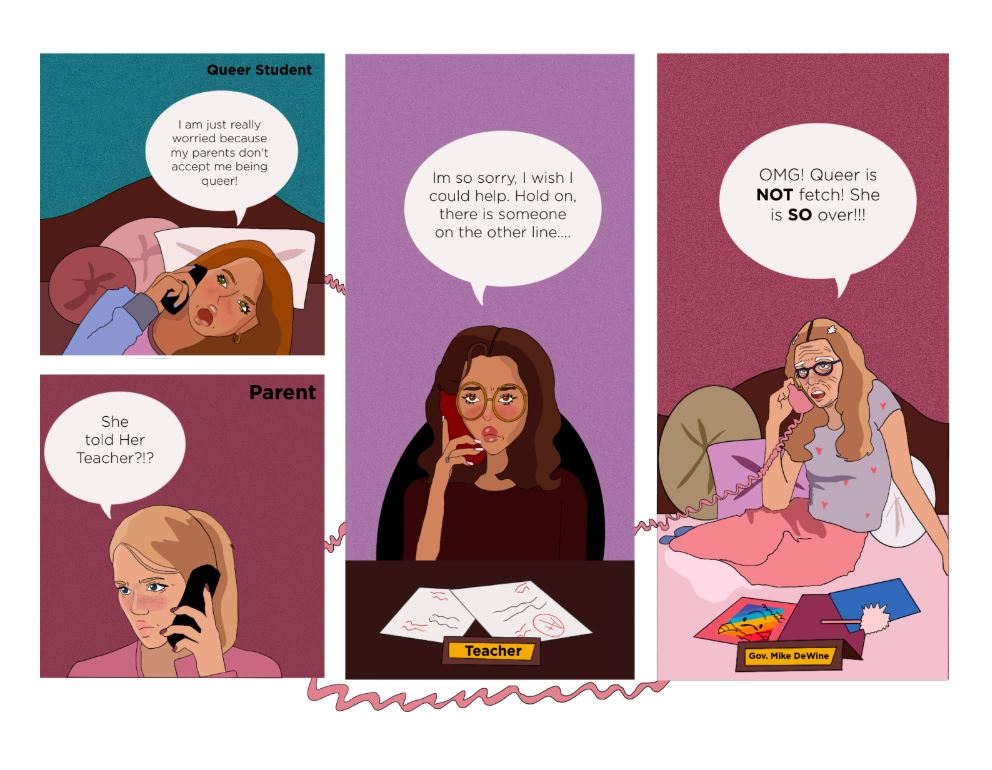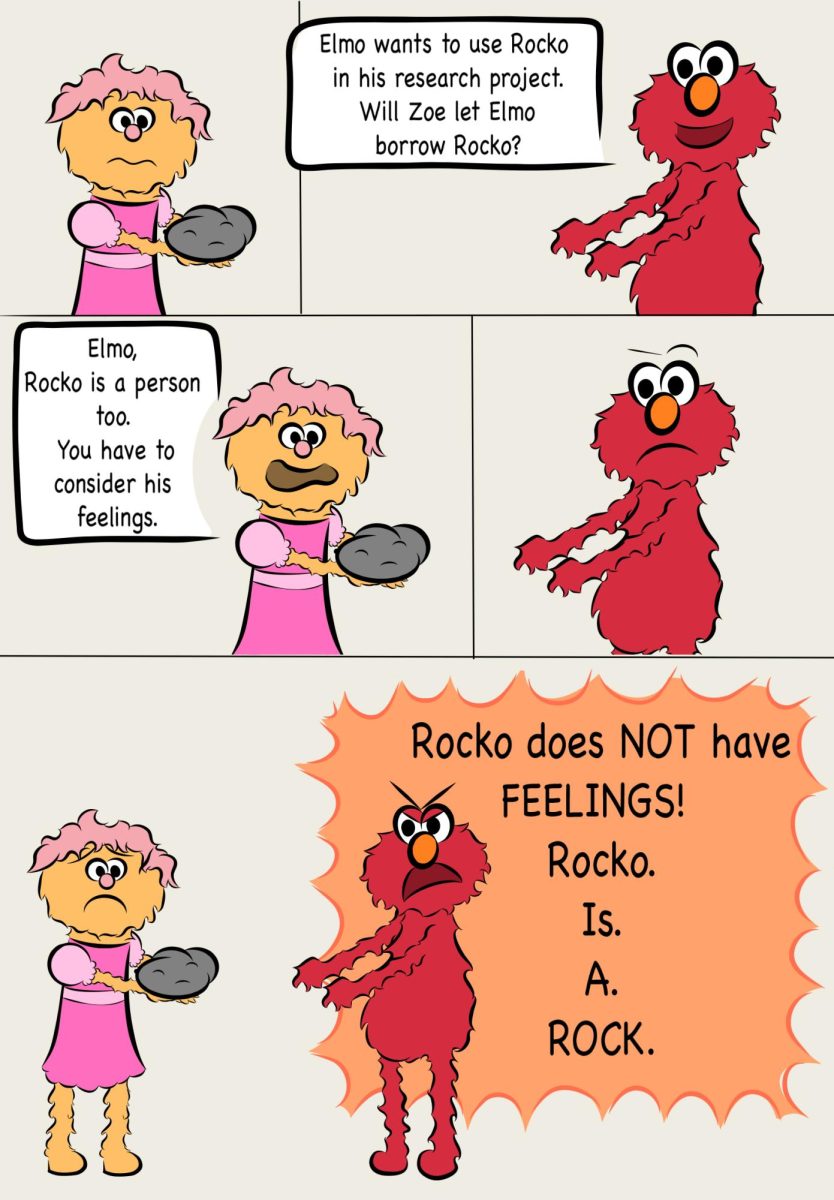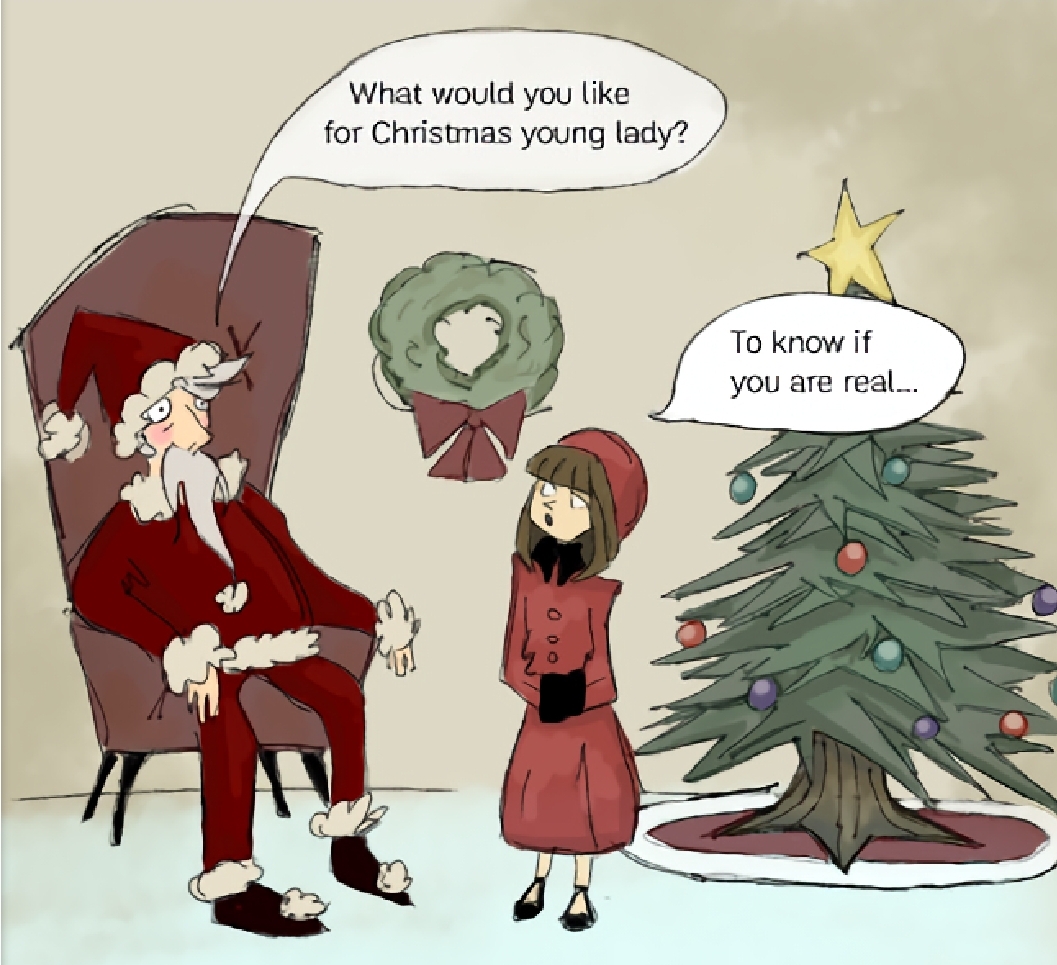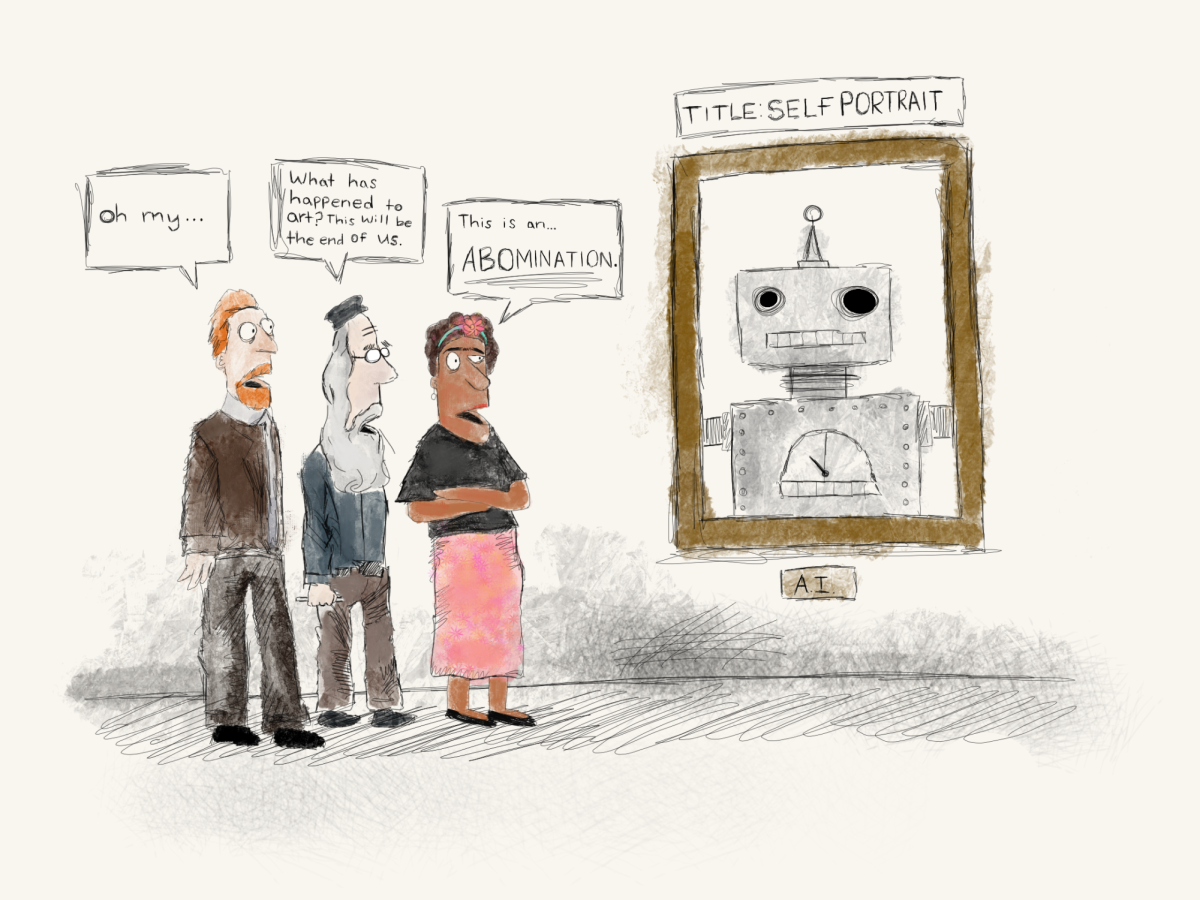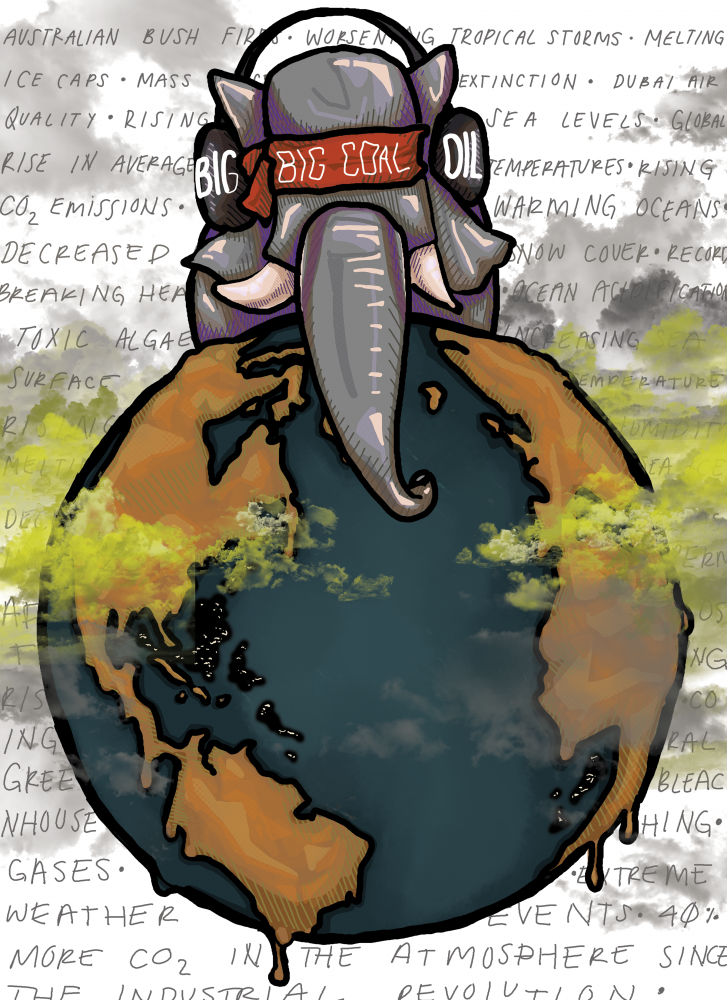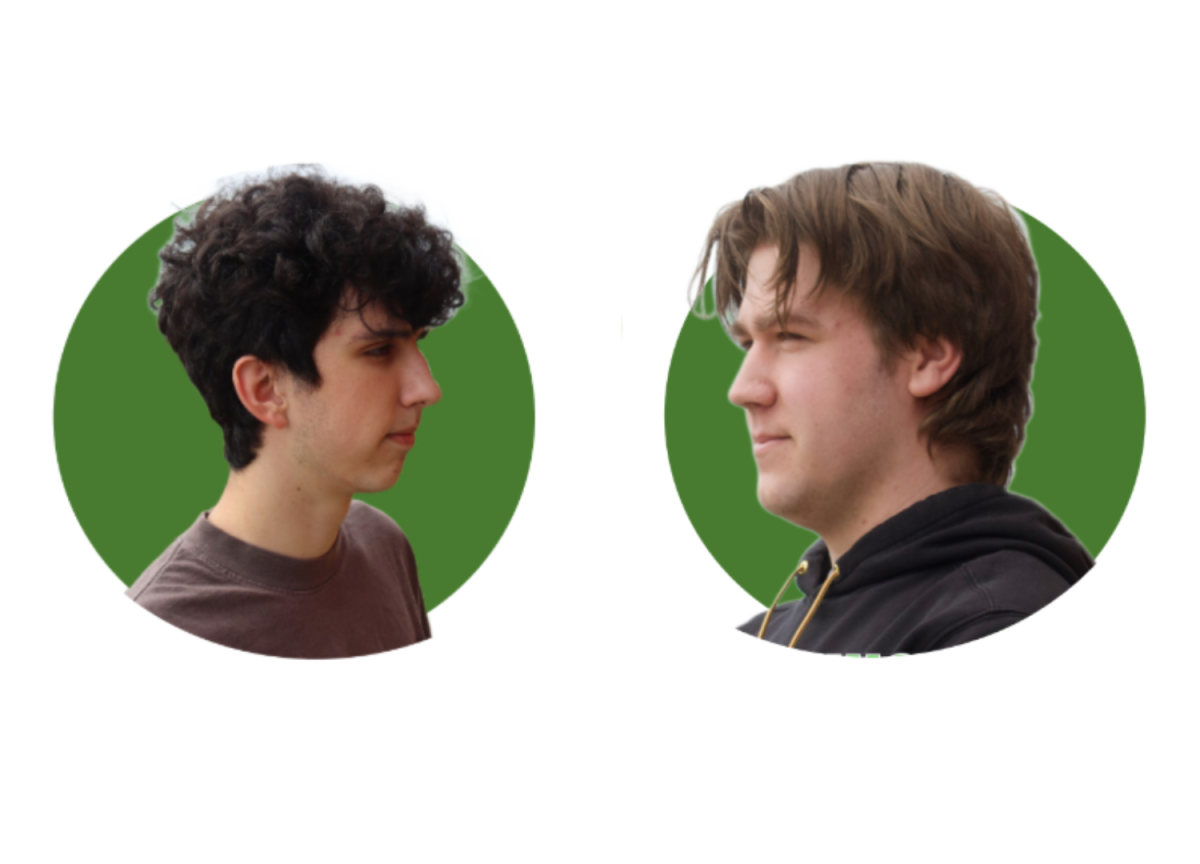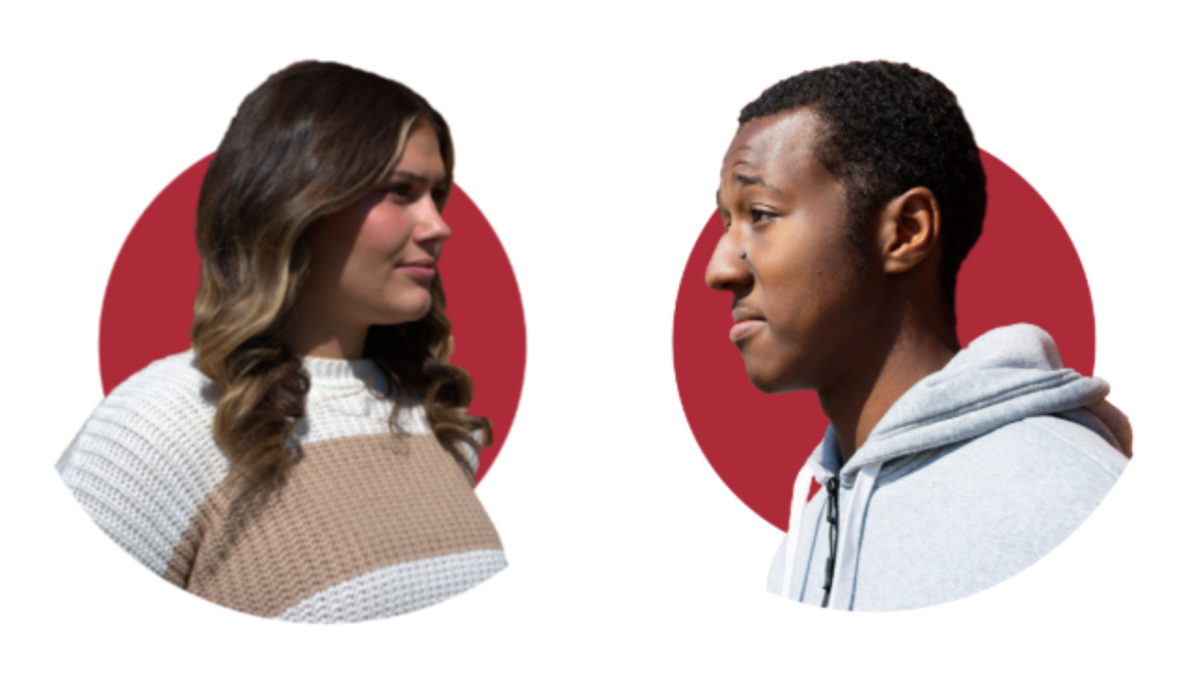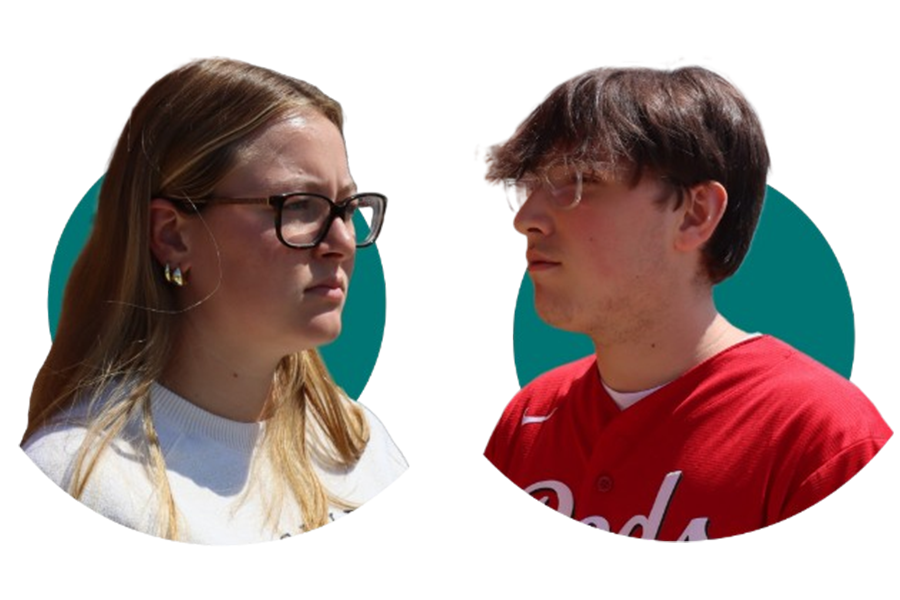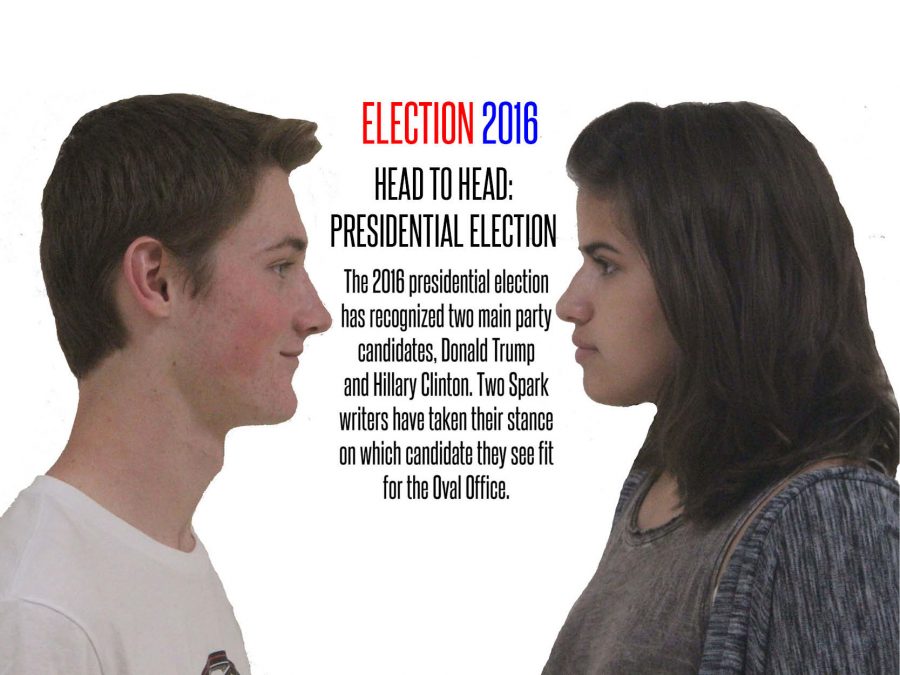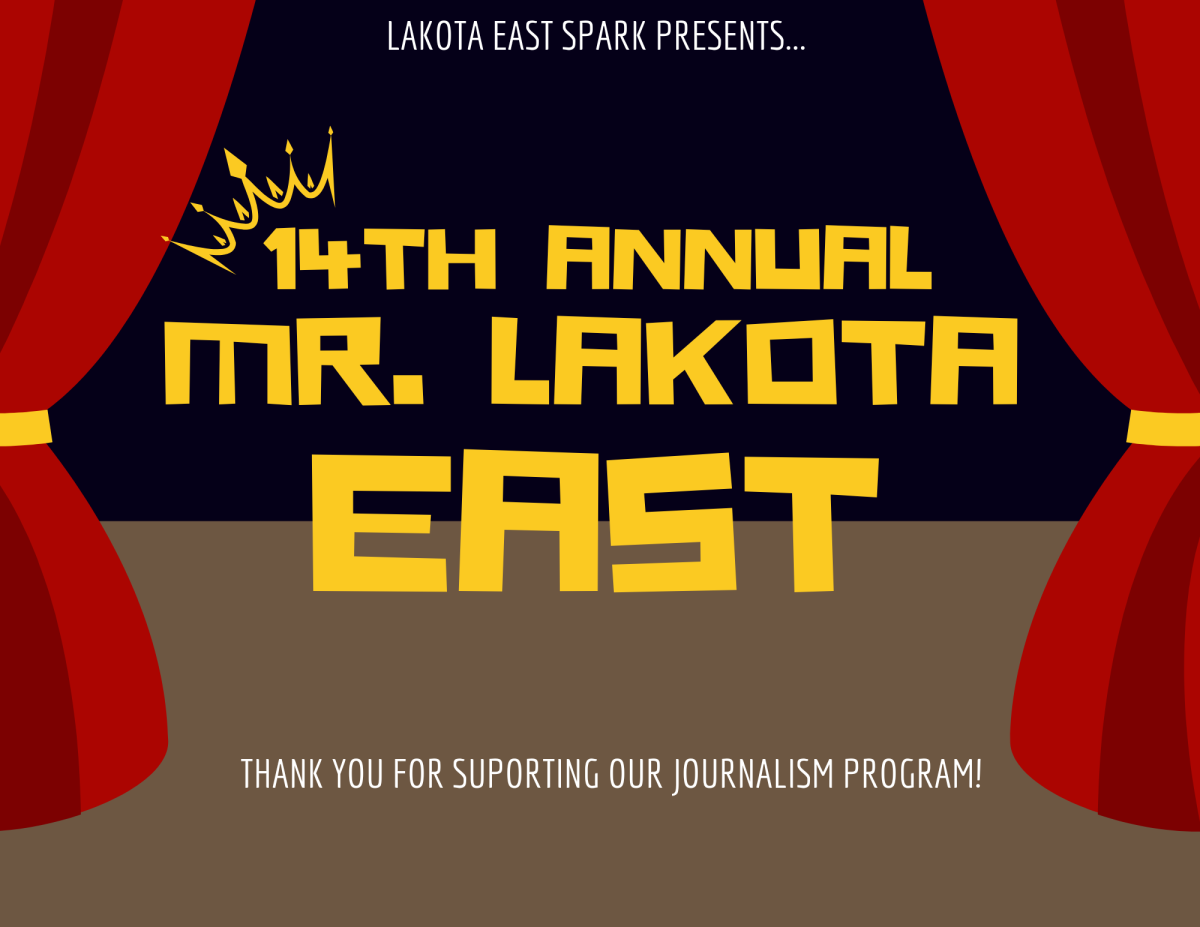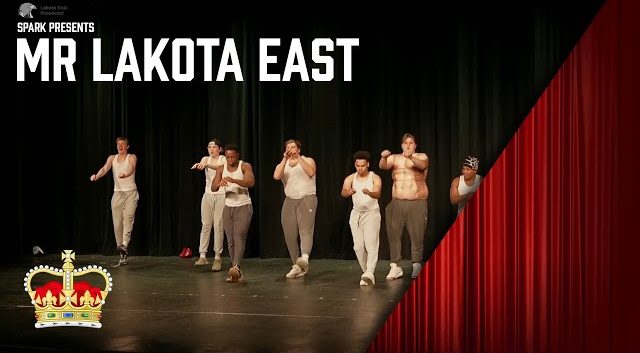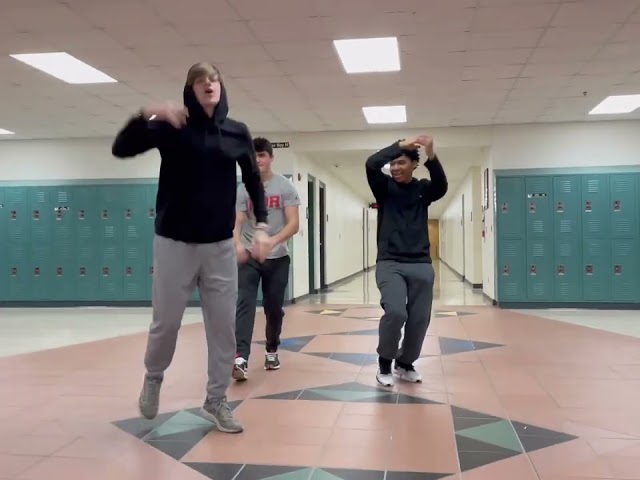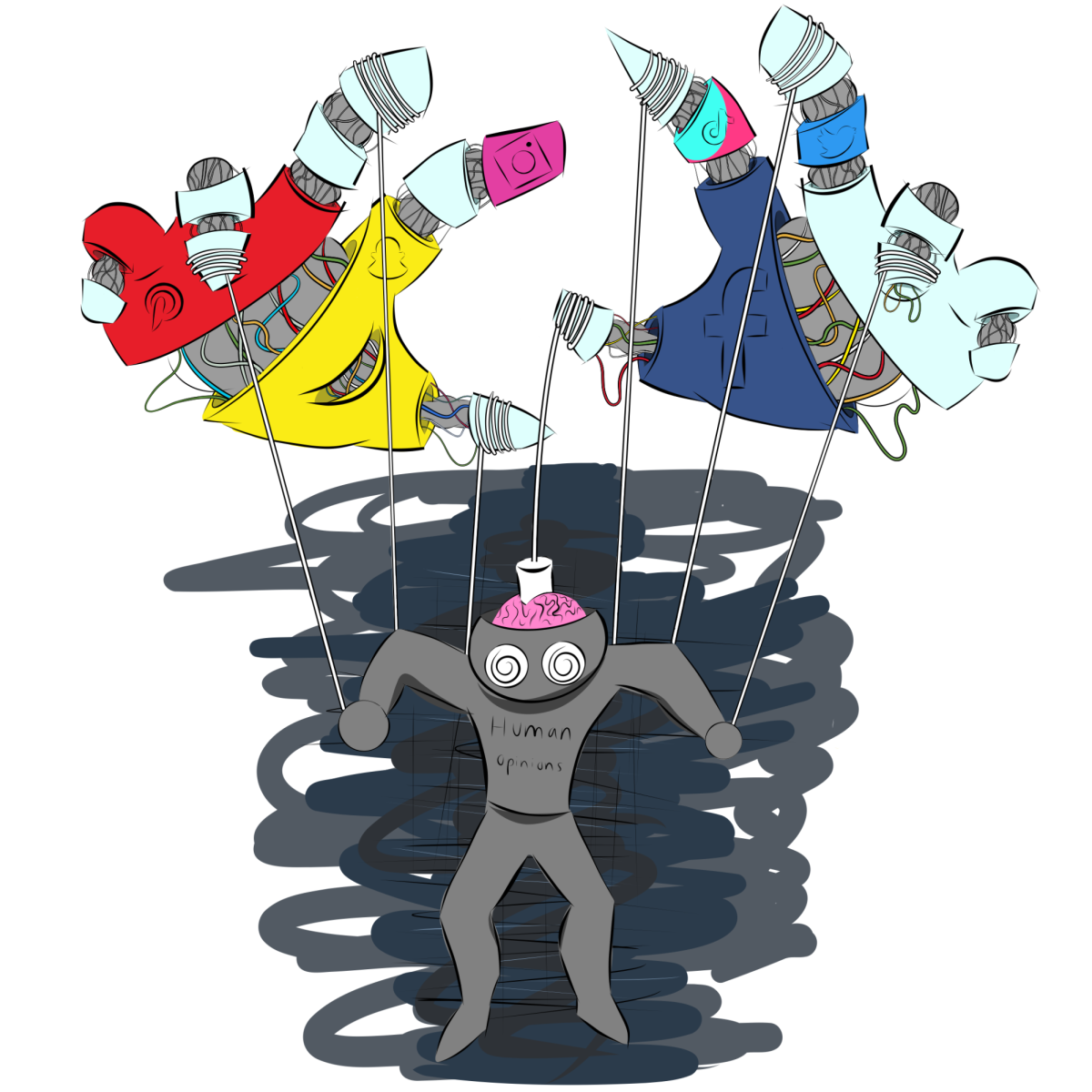“Love Island USA” season six was streamed for 919.1 million minutes between July 5 to July 11, surpassing popular shows like “The Bear,” “The Boys,” and “Bridgerton” streamed for under 650 million minutes, in just six days (Luminate Data). “Love Island USA” is not the only Reality TV Dating show getting so many views. In a 2024 Netflix Engagement Report, it is shown that “Love is Blind” season six has a total of 20,900,000 views since its release. Many people are watching these reality TV dating shows, despite the common knowledge that most of it is not reality at all.
“Love Island USA” is an American reality dating show originating in the UK. The f irst season of the U.S. version of the show premiered on July 9, 2019 on NBC. All seasons can now be found on Peacock. The main idea of the show is to pick 12 ordinary people to find true love, and compete for a grand prize. Contestants are picked after various interviews for why they would be a good fit for the show. After that, contestants are strategically placed with five other contestants of the same gender and six of the opposite. The most anticipated part of the show is when the contestants choose who they want to couple up with -based on the conversations they have had earlier in the day. Each contestant goes through various sets of games and uncomfortable challenges during their stay. As the show progresses, voting becomes more and more suspenseful, and entertaining.
Less real audiences react to reality show drama in more recent media. Instead, laugh tracks, fake applause, and audio cuts have mimicked real human voices. To cope with this, content creators have introduced a new feature to their reality shows: audience interaction from the comfort of their couch. After downloading the “Love Island USA” app, with just a tap of a finger, one can determine who gets voted off the island. Pre-production plans and post-production editing can definitely change the view of what is happening on the island. Television personality and contestant in “Love Island UK” season 3, Olivia Attwood, wrote the article, “What a Day in the ‘Love Island’ Villa Is Really Like,” about the day-to-day schedule in the villa. “Then you’d have lunch with the producers, off camera. If there were any problems they would discuss them with us — if the villa was too messy, or they’d moan at us for not wearing sunscreen. It was like having a sit-down dinner with your mum and dad” described Attwood. She explained that the producers would cut out important and real-life issues that were insignificant to the audience. “All of us — we go home at the end of the night, we don’t even think about it. It’s work!” claimed Attwood.
Everyone is motivated by money, and the couple who is the last standing wins $50,000. Of course they could fake a happy relationship for that amount of money, but, producers do not give them money for being in love and having a strong relationship; the money is their payment for keeping audiences engaged and tuned in to see what happens next.
The show is attempting to portray what true love looks like. In reality, the production is a lens for the audience to witness the sexual relationships of the contestants. Advertising the previews of the show, as well as the drama itself contain false pictures of true love.
Reality shows attempt to reflect societal norms and ideals about love, romance, and gender roles, and although this show fails in this reflection, it does have the power to change and influence society.
Not only do these disgusting and explicit actions of these adults influence their viewers at home, but so do the times when contestants are seen being manipulated and abused. Some episodes of this show have become so hard to watch for many viewers, because of how serious the situations get. In July of 2021, Women’s Aid, a national charity working to end and raise awareness of abuse towards women and children, made a statement responding to an episode of “Love Island UK.”
“Last night, we saw the development of Danny and Lucinda’s relationship and became increasingly concerned with his behavior towards her on screen, including what looked like gaslighting, possessiveness, and manipulation,” Women’s Aid said. “Abuse should not be used for entertainment.”
Abuse in reality TV shows is often seen in its worst forms, ranging from manipulation to physical violence. These harmful behaviors often get cut out and discarded in the final cut by producers.
The normalization of this behavior will continue to build a toxic environment where the viewers become desensitized to the severity of abuse. “Love Island” and other reality TV dating shows have the power to subtly change the audience’s perception of healthy relationships, self-worth, and appropriate boundaries over the millions of minutes they spend watching them.



